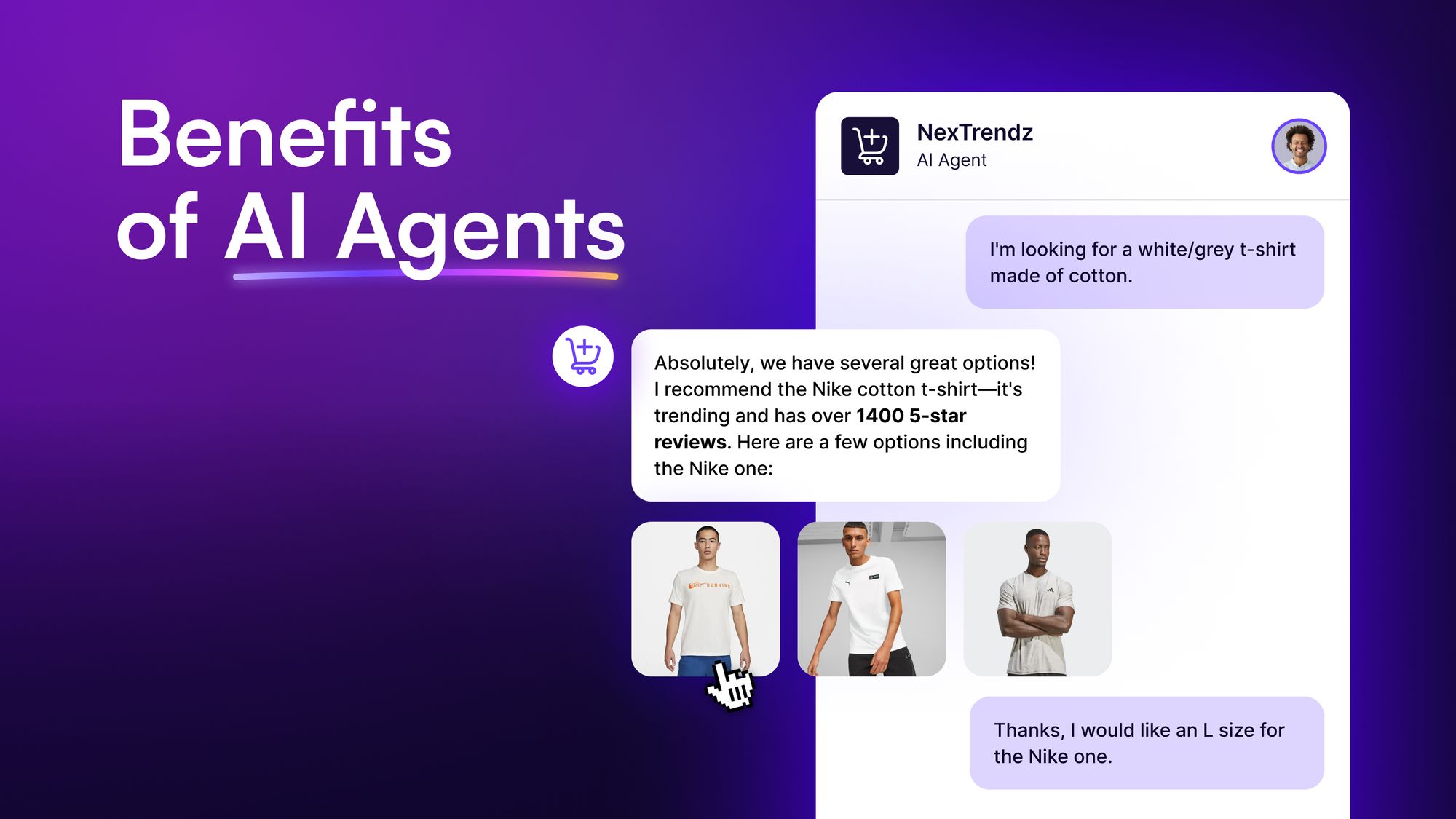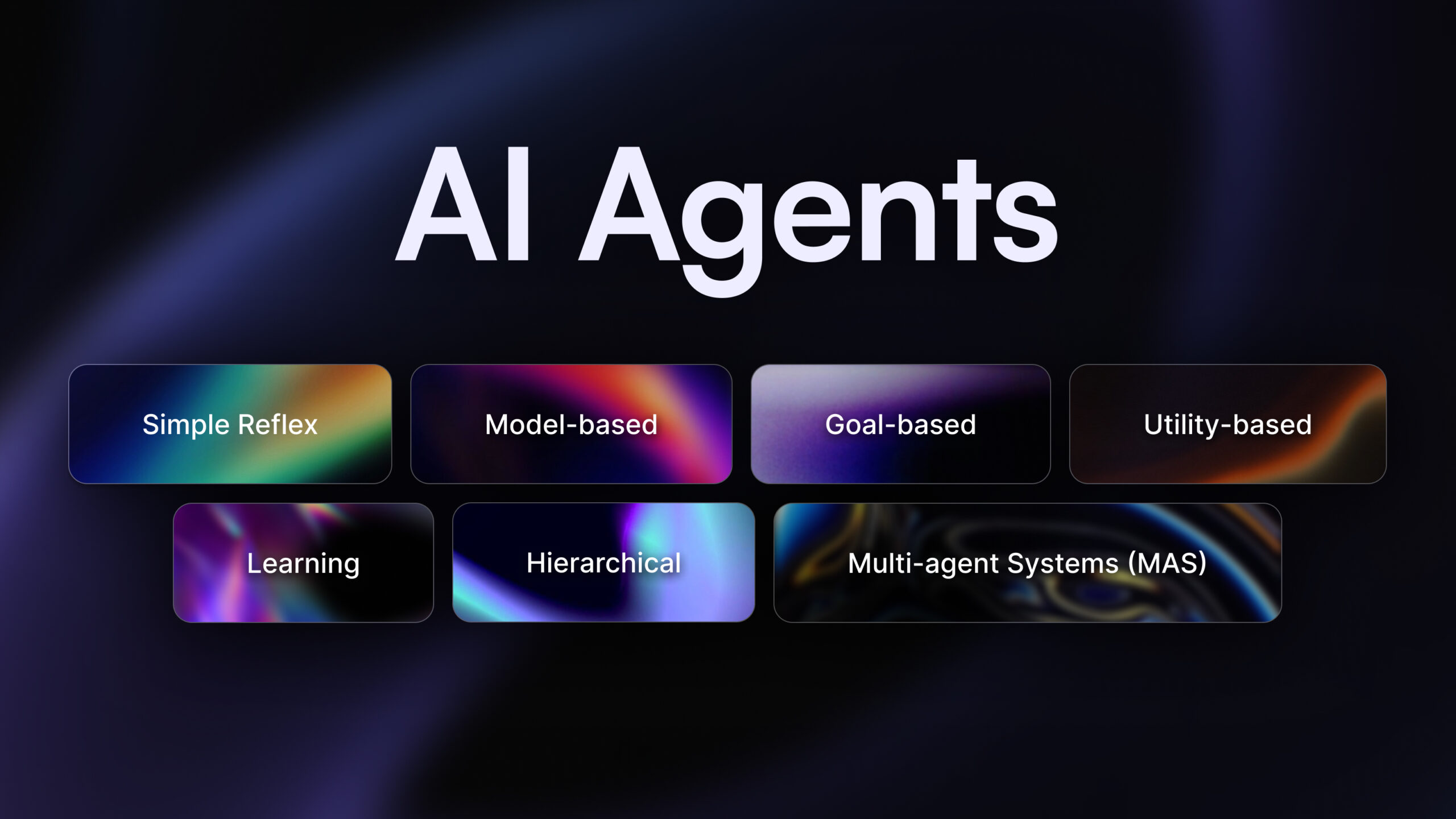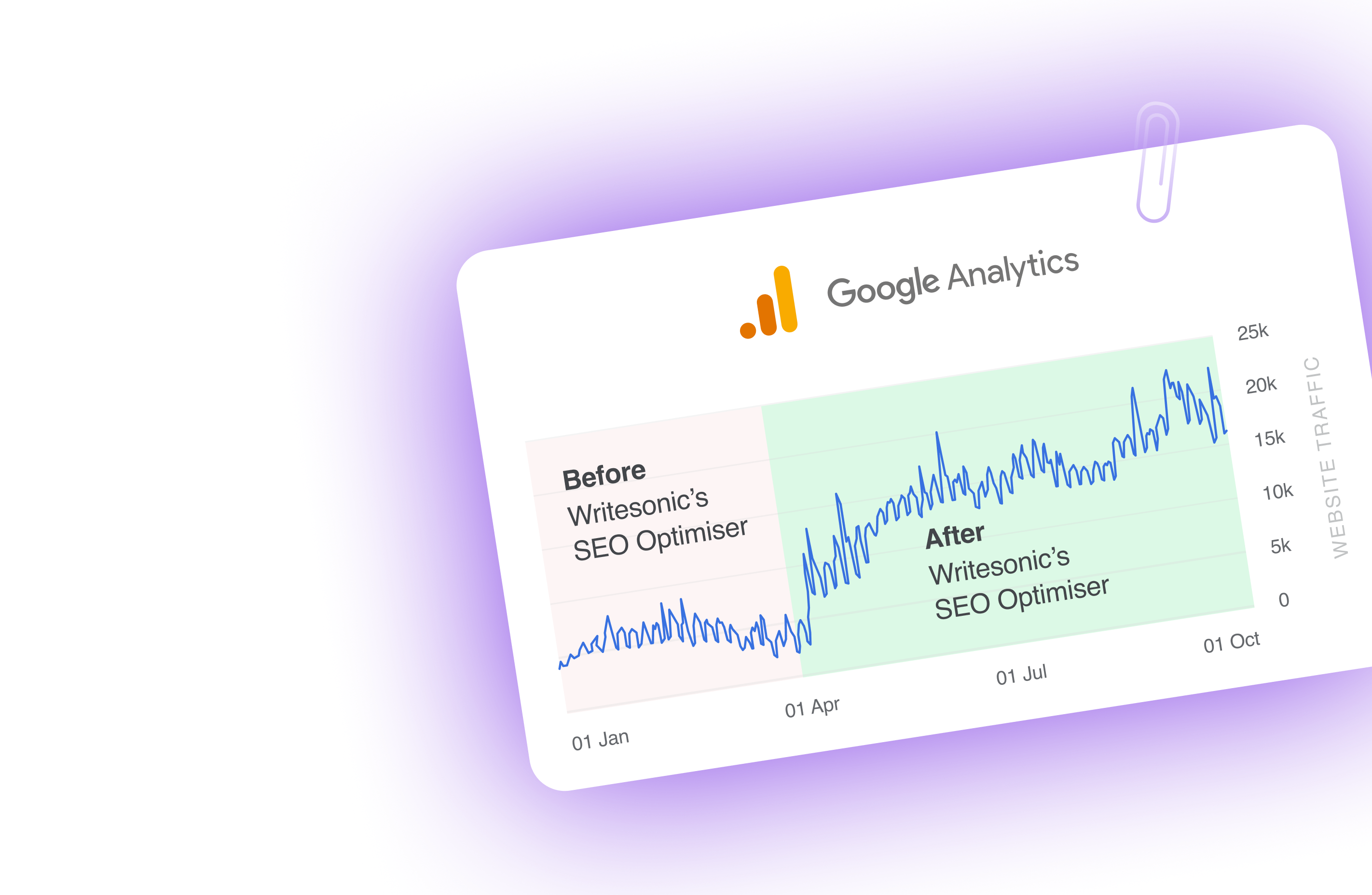Are you still manually diagnosing and fixing all technical SEO issues?
Getting your website’s technical SEO right is crucial if you want to rank in SERPs. However, these issues are often difficult to spot, and even more difficult to resolve — even with the usual tools.
If you want to streamline the process and accelerate your technical SEO results, we’ve got a solution: use AI agents for technical SEO.
These artificial intelligence backed tools can help you quickly implement your technical SEO strategies, saving both time and money.
Ready to find out how? Let’s get started.
Learn more about AI agents, their capabilities, benefits, and use cases through our detailed guide “What are AI Agents?“
AI agents vs. AI chatbots for technical SEO: How are they different?
If you’ve already experimented with general AI tools for technical SEO (and found them lacking), you might be wondering, “How do these AI agents differ for technical SEO tasks?”
Here’s the key: While general AI tools offer broad capabilities, they often fall short in understanding the intricate nuances of technical SEO. This can result in generic, sometimes inaccurate recommendations that don’t align with SEO best practices.
AI agents for technical SEO are fundamentally different. While they rely on similar conversational AI models, they’re specifically designed and trained for SEO tasks. These agents are integrated with crucial SEO tools and data sources such as:
- Advanced crawling and indexing analysis tools
- Schema markup generators and validators
- Page speed optimization platforms
- Mobile-friendliness testing tools
- Log file analyzers
When you employ an AI agent for technical SEO, such as Chatsonic, you’re not just getting suggestions — you’re accessing a comprehensive suite of capabilities. From conducting in-depth site audits to generating structured data, these agents provide tailored, SEO-specific outputs every time.
In essence, AI agents for technical SEO serve as an all-in-one solution, combining artificial intelligence with deep SEO expertise. But what exactly can they do, and how can you leverage them effectively? Let’s explore their capabilities in the next section.
Read our guide on AI agent use cases to discover other ways you can use them.
7 Ways to Use AI agents for technical SEO
Here are seven ways you can use AI agents for technical SEO:
1. Finding duplicate content
Duplicate content is the silent killer of SEO performance. When you’ve got same, or very similar website pages, it confuses search engines, dilutes your ranking power, and can even lead to penalties. But this is quite common, especially when you’re dealing with large websites with 1000s of pages.
Traditionally, you’ll have to rely on external tools and manual checks to spot duplicate content. It involves comparing pages one by one, using plagiarism checkers, or relying on incomplete automated tools.
Near-duplicate content or content that’s been slightly reworded often goes undetected. For large websites with thousands of pages, this manual process becomes virtually impossible to manage effectively, leaving websites vulnerable to SEO penalties and diluted ranking power.
How you can use AI agents for technical SEO
AI agents detect duplicate content by automating and enhancing the entire process. When you input your website URL, an AI agent like Chatsonic doesn’t just scan for exact matches; it uses advanced natural language processing to identify semantically similar content across your entire website – and even across the web.
Let’s see how Chatsonic tackles duplicate content detection:
Notice how it creates a comprehensive report of all the duplicate pages and points out how exactly what issues are present in each page — all in minutes.
With Chatsonic, you’re not just finding problems — you’re getting intelligent solutions that can significantly boost your SEO performance. The process that would typically take days of manual review is completed in minutes, with a level of accuracy and insight that you wouldn’t get in a human-only review.
This detailed report helps you quickly identify and address duplicate content issues, saving hours of manual review and ensuring your site’s content remains unique and valuable to both users and search engines.
2. Optimizing Page Speed
Slow loading pages are one of the most common technical SEO that you can encounter. And solving that should also be a priority. Google has made it clear: page speed is a critical ranking factor. But optimizing for speed isn’t just about making things faster – it’s about creating the perfect balance between rich content and lightning-fast load times.
However, identifying the culprits behind slow page speeds is often difficult. It might be a high-resolution image, a bulky JavaScript file, or even server response time.
Manual analysis is time-consuming and often misses the nuances of various page elements. It requires a deep understanding of web technologies, constant monitoring of multiple performance metrics, and the ability to prioritize optimizations effectively.
How you can use AI agents for technical SEO
AI agents simplify page speed optimization by analyzing multiple metrics simultaneously and pinpointing to the exact When you input your website URL, an AI agent like Chatsonic doesn’t just run a basic speed test. It performs a comprehensive analysis of your entire site, identifying performance bottlenecks and providing tailored recommendations.
Let’s see how Chatsonic approaches page speed optimization:
This detailed plan provides you with actionable steps to implement the recommended optimizations, significantly improving your e-commerce website’s page speed and user experience.
The AI’s ability to analyze complex performance metrics and provide tailored, prioritized recommendations ensures that you’re always focusing on the optimizations that will have the biggest impact on your site’s speed and SEO performance.
3. Creating XML Sitemaps
XML sitemaps are your direct line of communication with search engines, guiding them to your most important pages. But as websites grow and evolve, keeping sitemaps up-to-date becomes quite a task.
Creating and maintaining XML sitemaps manually is time-consuming, error-prone, and often results in outdated sitemaps that don’t reflect your site’s current structure.
You need to regularly audit their entire website, identify new or removed pages, update last-modified dates, and ensure proper prioritization of pages. For large, dynamic websites, this process can become a full-time job in itself.
How you can use AI agents for technical SEO
With AI agents, you can input your website URL, and it’ll automatically generate a list of URLs to create the XML map.
It also analyzes your entire site structure, prioritizes pages based on importance and update frequency, and creates a comprehensive, optimized sitemap.
Check how Chatsonic created an XML sitemap for our website:
These XML sitemaps are readily usable and provide a comprehensive structure for search engines to efficiently crawl and index our blog.
By using AI agents like Chatsonic for XML sitemap creation, you’re not just ticking a technical SEO box — you’re ensuring that search engines always have the most optimal path to discover and index your valuable content.
4. Optimizing robots.txt Files
Crafting an effective robots.txt file manually requires a deep understanding of your site structure, SEO goals, and search engine behavior. When you’re working on it manually, you could easily make errors that can either block important content or waste valuable crawl budget on low-value pages.
This process becomes increasingly complex for large websites with diverse content types, e-commerce functionalities, or frequently changing structures. A single misplaced character or overly broad directive can lead to critical pages being de-indexed or sensitive information being exposed to search engines.
How you can use AI agents for technical SEO
If you’re using AI agents to create robots.txt files, you get precise output that you can directly use. The AI agent analyzes your entire site structure, understands your SEO objectives, and creates a tailored robots.txt file that maximizes crawl efficiency and search visibility.
Check how Chatsonic creates robots.txt files for our website:
Notice how it uses the sitemap built earlier and gives a clear idea of what to allow and disallow. If you scroll further down, you can also find recommendations and implementation instructions.
By using these directives, you’re essentially guiding search engine crawlers to focus on your most valuable content. This optimized crawl behavior can lead to:
- Faster discovery and indexing of new products or content
- More frequent updates of your most important pages in search engine indices
- Reduced server load from excessive crawling of low-value pages
- Better overall SEO performance as search engines have a clearer understanding of your site’s structure and priorities
Remember, crawl budget optimization is an ongoing process. You should regularly review your server logs and Google Search Console data to ensure this robots.txt file is working as intended and make adjustments as your site evolves.
5. Implement Schema Markup
Schema markup is the element that helps search engines understand your content and display rich snippets in search results. But with hundreds of schema types and properties, implementing the right markup can be overwhelming.
Say you’re manually selecting schemas for each content piece. You’d have to understand which ones are most relevant for their content, and correctly implement the markup without breaking the existing HTML structure.
For websites with diverse content types, this can mean juggling dozens of different schema types, each with its own set of required and recommended properties.
How you can use AI agents for technical SEO
AI agents transform schema markup implementation from a complex coding task into an intelligent, automated process.
When you describe your content, an AI agent like Chatsonic analyzes your content in depth, understands its context and structure, and generates the most appropriate and effective schema markup to boost your visibility in search results.
Let’s see how Chatsonic handles schema markup implementation:
By leveraging AI agents like Chatsonic for schema markup implementation, you’re not just adding code to your pages — you’re giving search engines a clear, structured understanding of your content that can dramatically improve your visibility and click-through rates.
The AI’s ability to analyze your content, understand its context, and generate appropriate schema markup ensures that you’re always presenting your information in the most SEO-friendly way possible.
6. Revolutionize Your Meta Tag Optimization
Meta tags and descriptions are your website’s first impression in search results. They’re the billboards of the digital highway, enticing users to click through to your site.
But crafting compelling, keyword-rich meta content that stays within character limits and aligns with user intent is tricky. And, it can also significantly impact your click-through rates and overall SEO performance.
Writing effective meta tags and descriptions manually is like trying to write the perfect tweet for every page on your site, while also ensuring it’s optimized for search engines.
It’s a time-consuming process that often leads to inconsistency across your site. You need to always research keywords, understand user intent, craft compelling copy, and ensure proper length — all while maintaining uniqueness for potentially thousands of pages.
How you can use AI agents for technical SEO
With AI agents, the process of crafting meta tags and descriptions transforms into an intelligent, data-driven strategy.
When you input your page content and target keywords, AI agents analyze your content, understand search intent, and consider current SEO best practices. They crafts meta tags and descriptions that are not just keyword-optimized but compelling to human readers.
Check how Chatsonic crafts meta tags and descriptions for our content:
By using Chatsonic to optimize meta tags and descriptions, you’re not just filling in HTML fields — you’re crafting compelling, data-driven narratives that entice users and search engines alike, driving both rankings and click-through rates to new heights.
The AI’s ability to analyze content, understand search intent, and generate multiple optimized versions for testing ensures that your meta content is always performing at its best, adapting to changes in search trends and user behavior.
7. Streamline Broken URL Detection and Fixing
Broken URLs are like potholes on the information superhighway. They frustrate users, waste crawl budget, and can negatively impact your site’s SEO performance.
Keeping your website free of broken links is crucial for maintaining a positive user experience and ensuring that search engines can effectively crawl and index your content.
How you can use AI agents for technical SEO
When you input your website URL, an AI agent like Chatsonic doesn’t just provide a list of broken links. It analyzes your entire site structure, identifies patterns in broken URLs, suggests appropriate fixes, and can even implement some fixes automatically.
Notice how we use Chatsonic to fix broken URLs.
With a single prompt, the AI agent was able to identify potentially broken links and also give a list of action items to fix them on the website.
The list isn’t exhaustive. You can use AI agents not just for technical SEO but also for on-page SEO, off-page SEO, and other marketing use cases. However, you need to make sure to choose the right AI agent — an AI agent that’s useful for all your SEO and marketing requirements.
Chatsonic: The SEO AI Agent Every Business Needs
If you’re on the lookout for an AI agent that can help with all of the above technical SEO use cases and more, try Chatsonic.
Chatsonic is the best AI agent for technical SEO that’s designed to research, create, optimize, and repurpose your content. Whether it’s finding broken links or implementing a schema markup, the AI agent can help you with the process.
With a simple, conversational interface, Chatsonic makes it easy for SEO professionals to switch from their usual tools to AI-backed platforms.
Ready to implement AI in your technical SEO process? Try Chatsonic today!


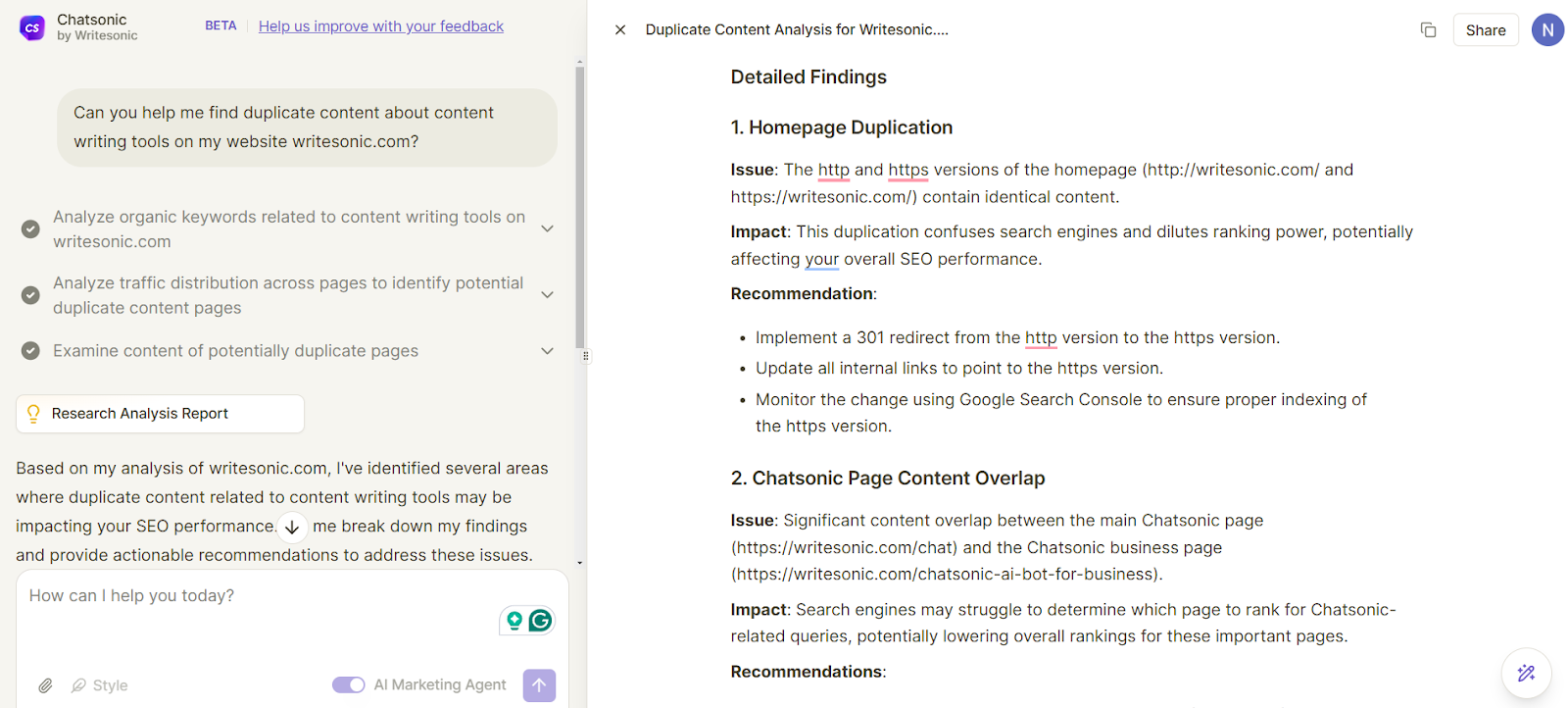
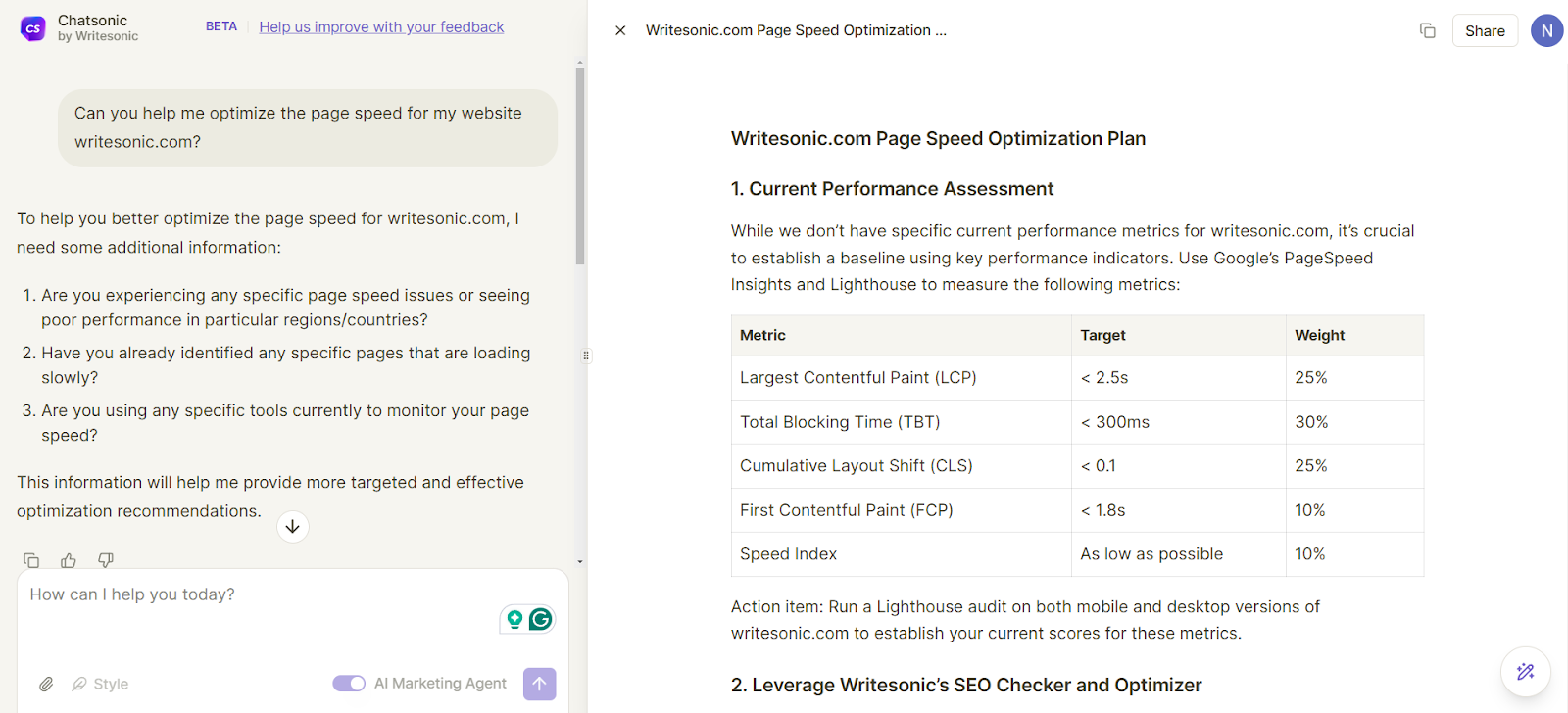
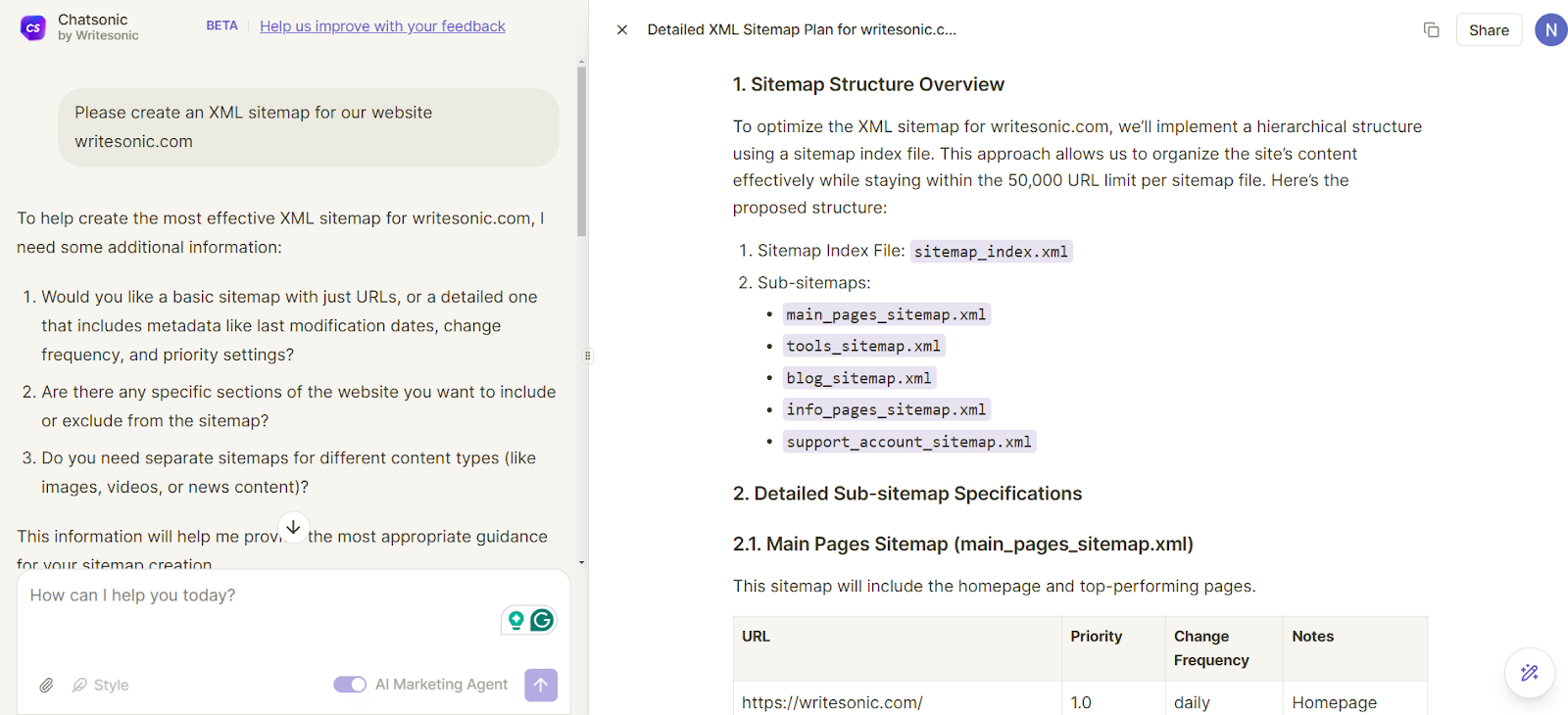
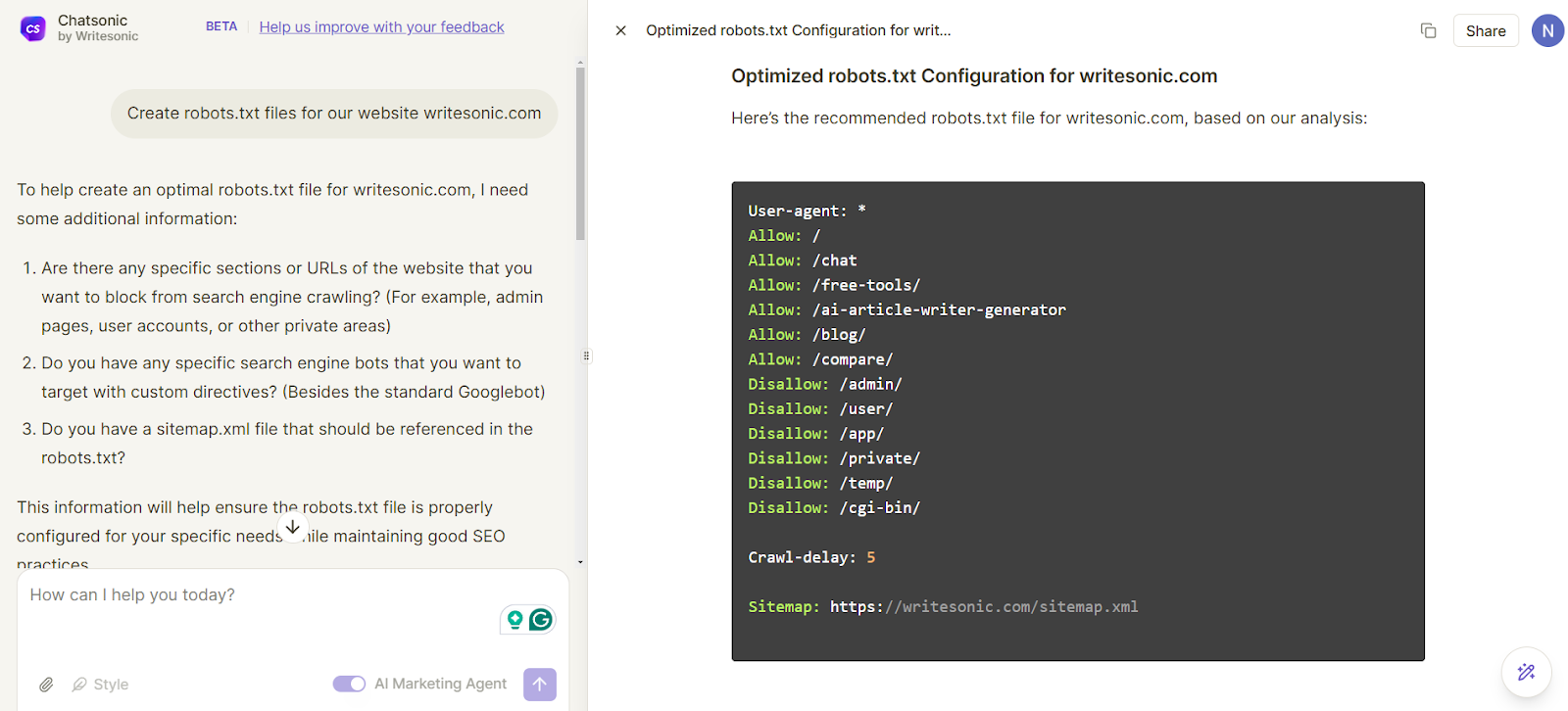
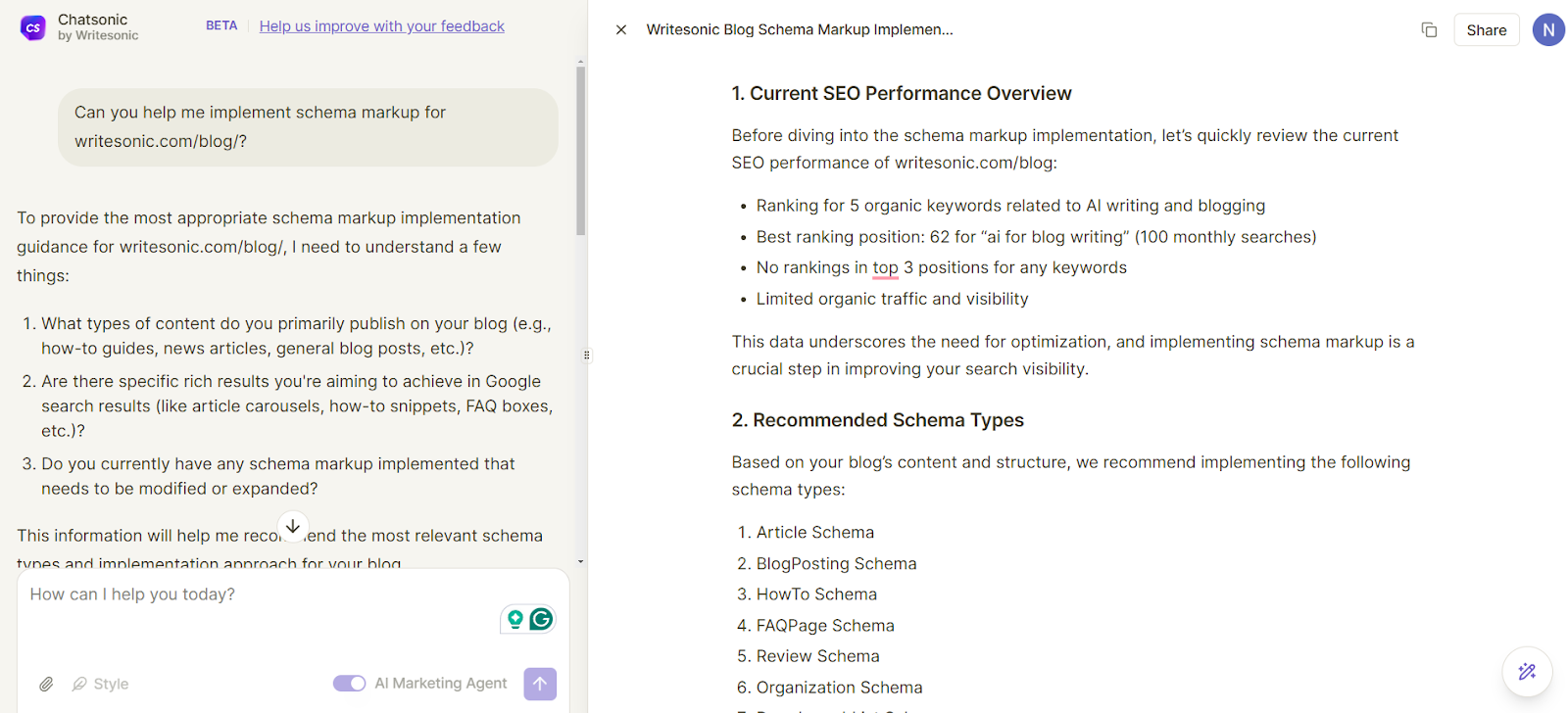
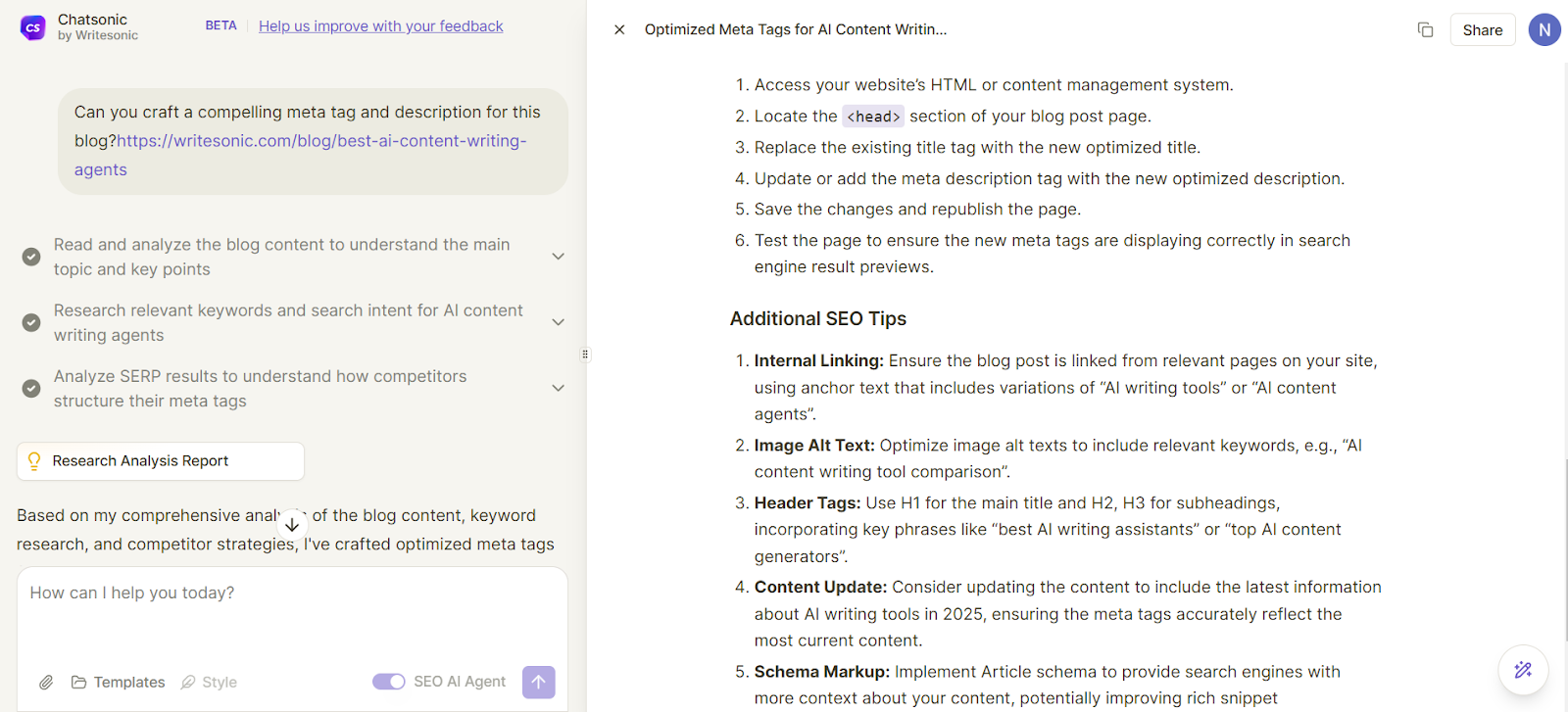
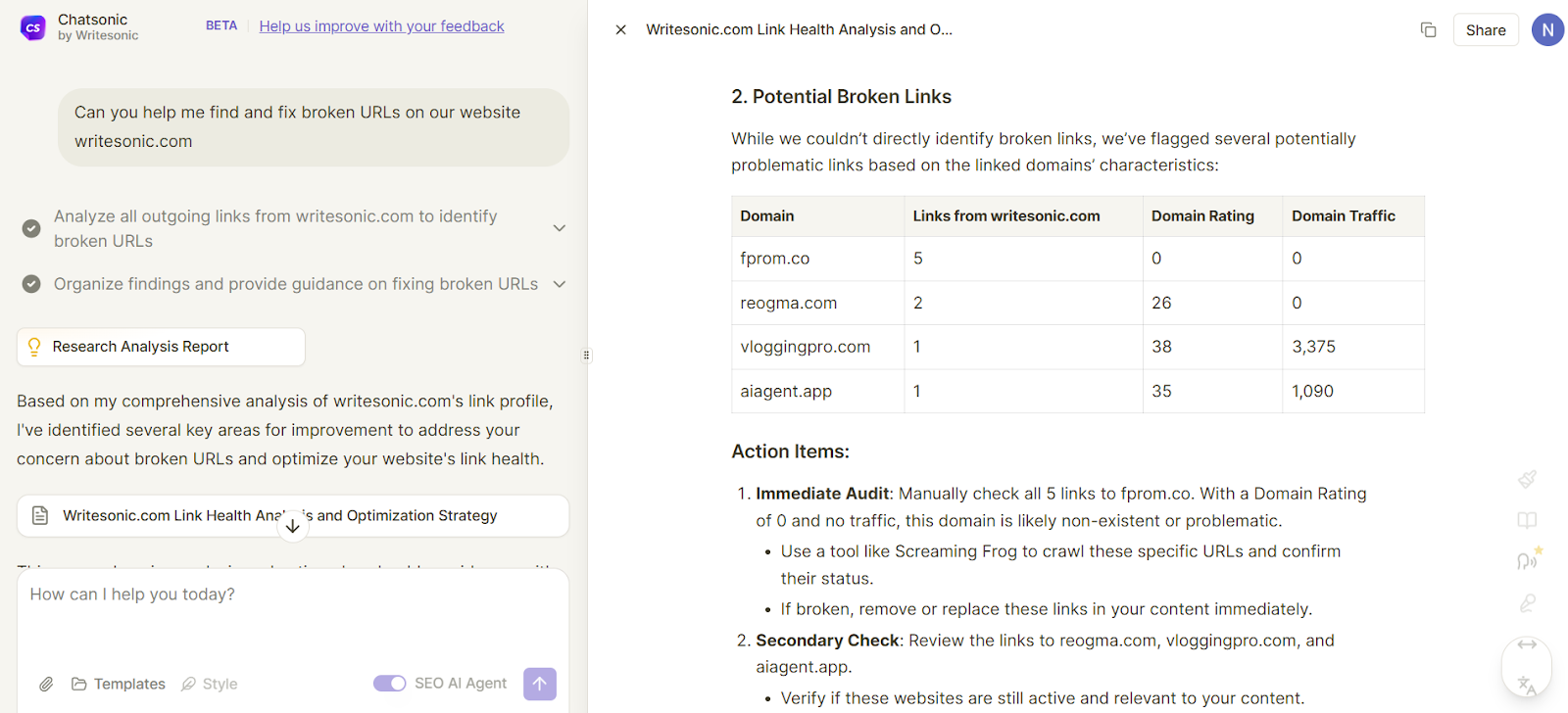



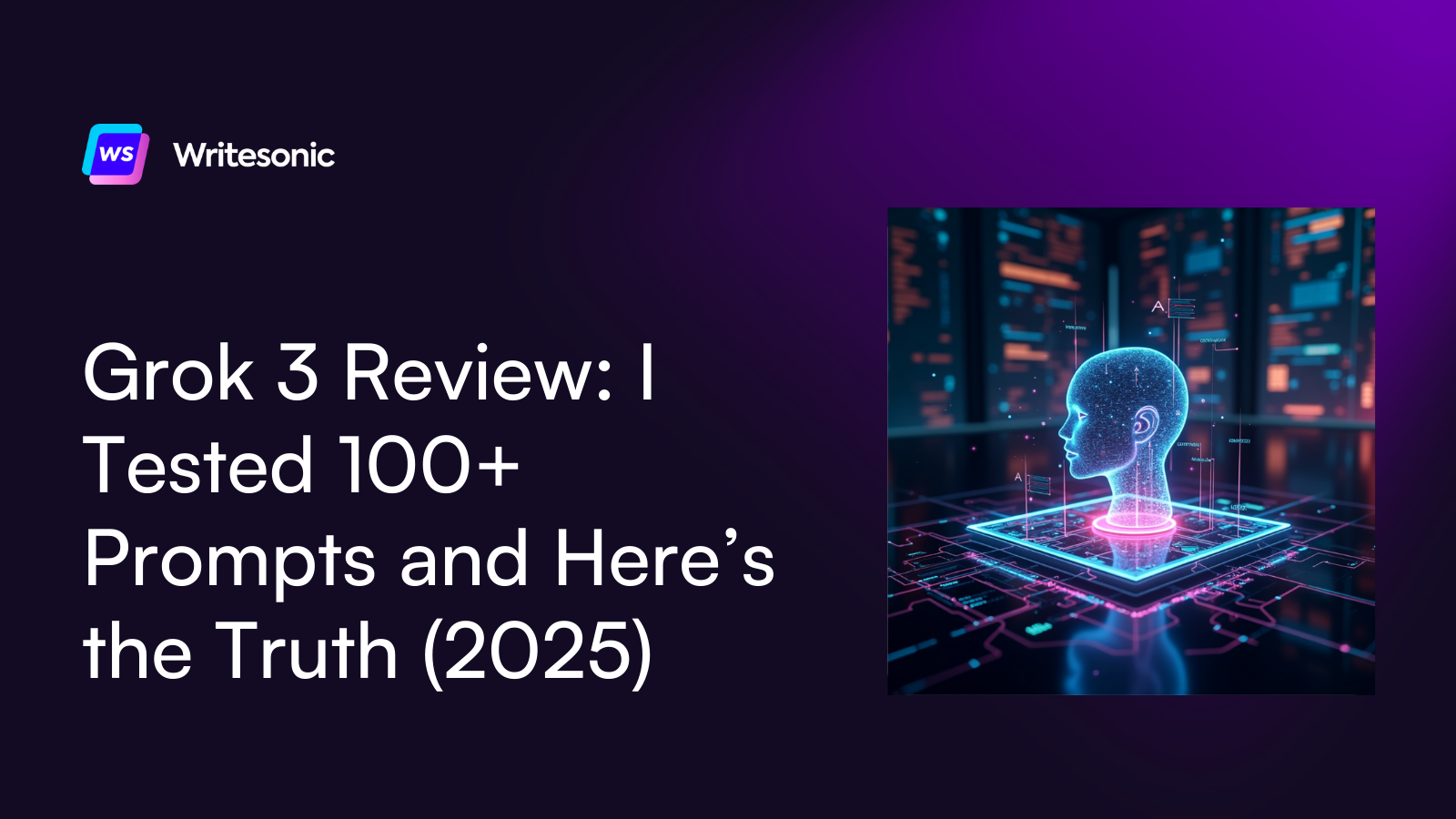

![What is Grok 3? A Detailed Guide to the AI Model [+Examples]](/wp-content/uploads/7.1-2.png)
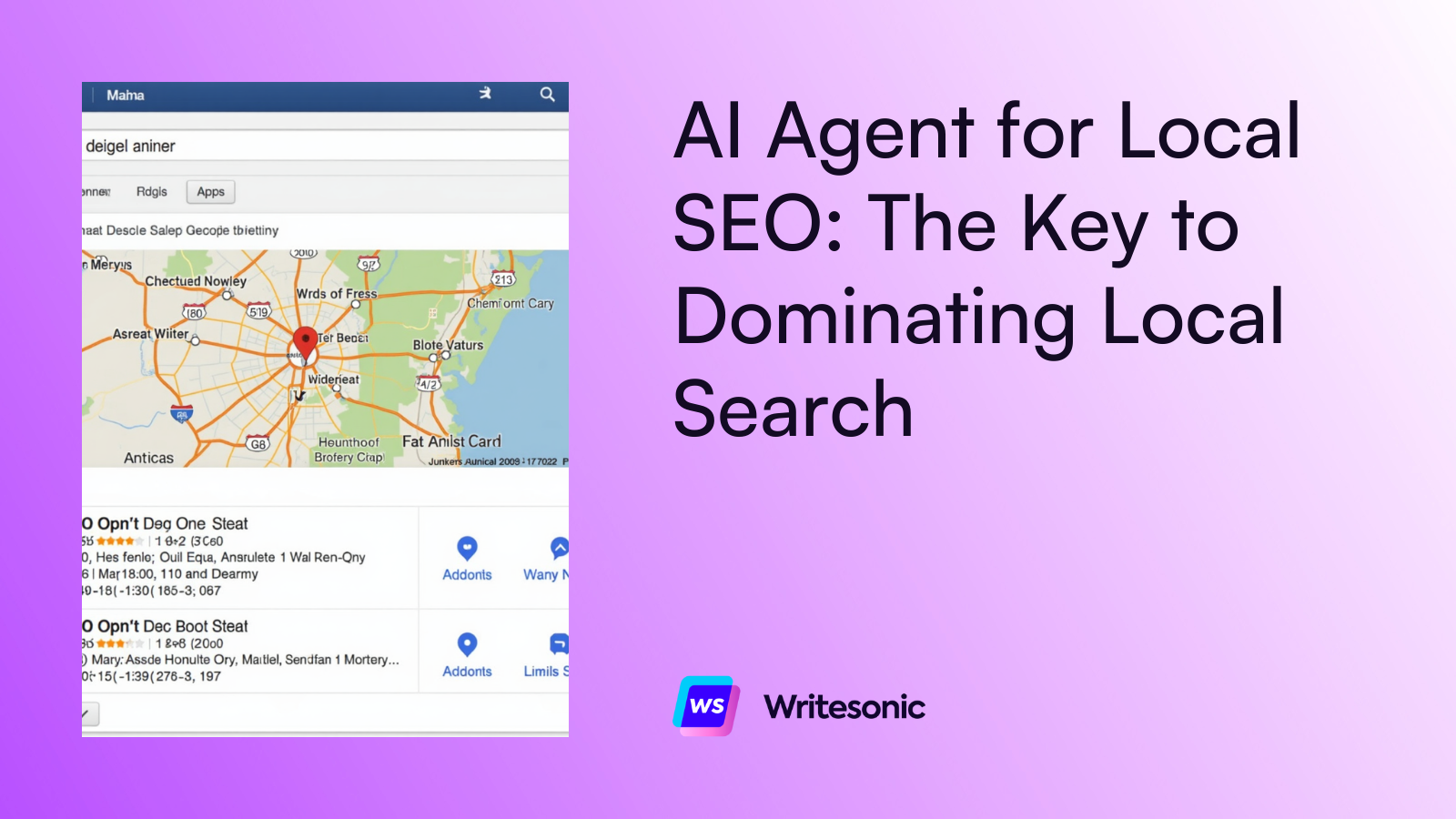

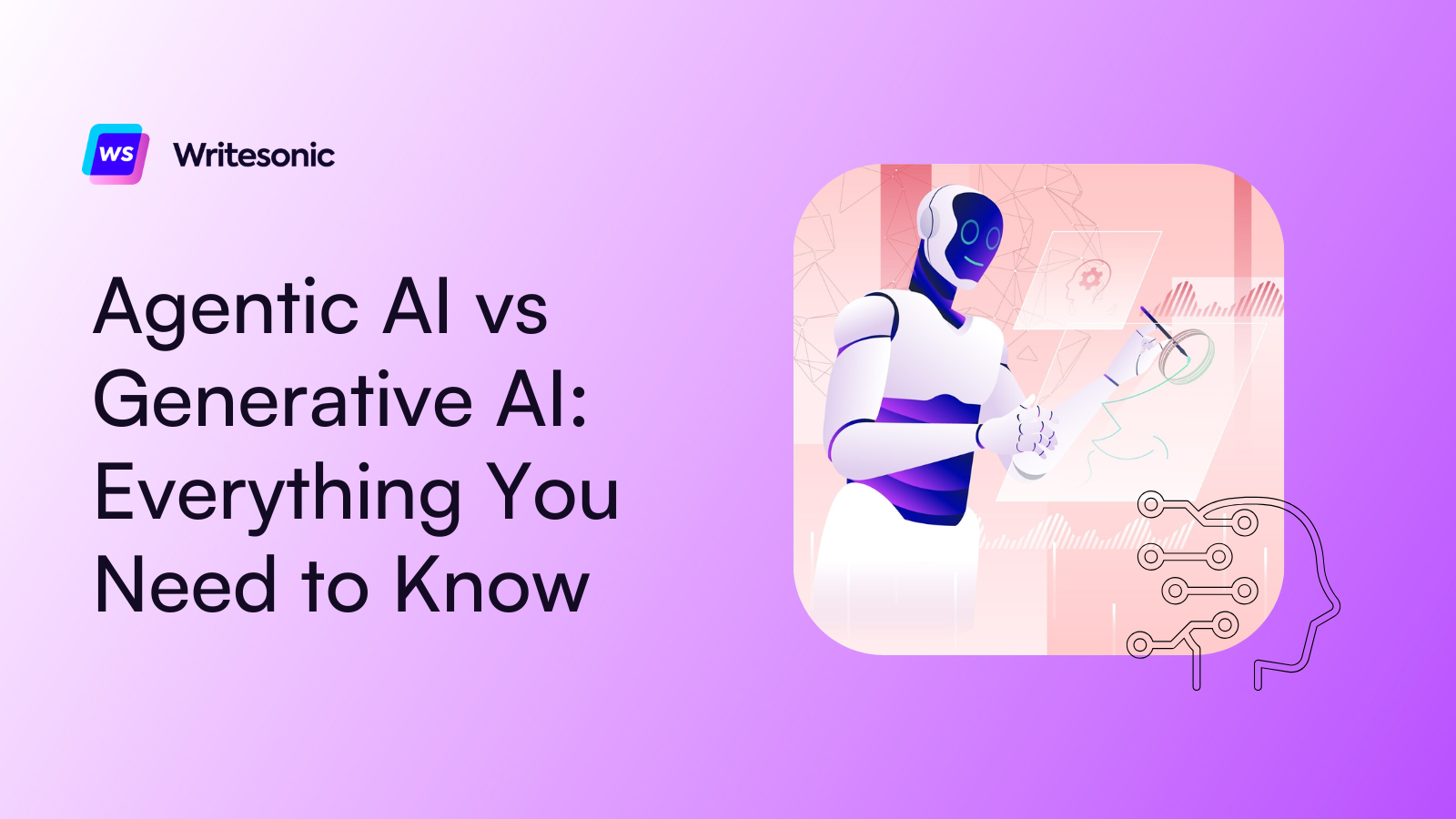

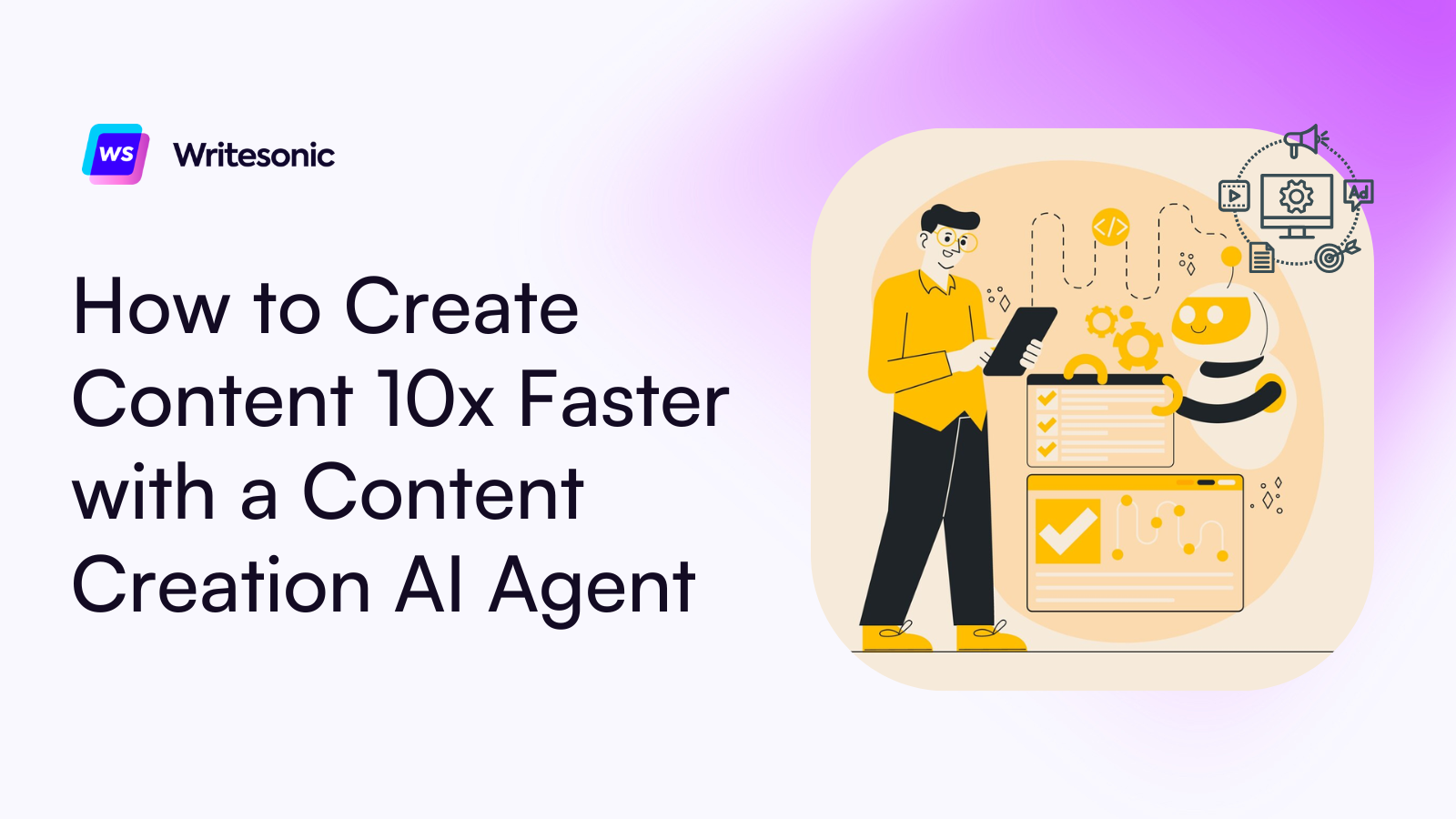
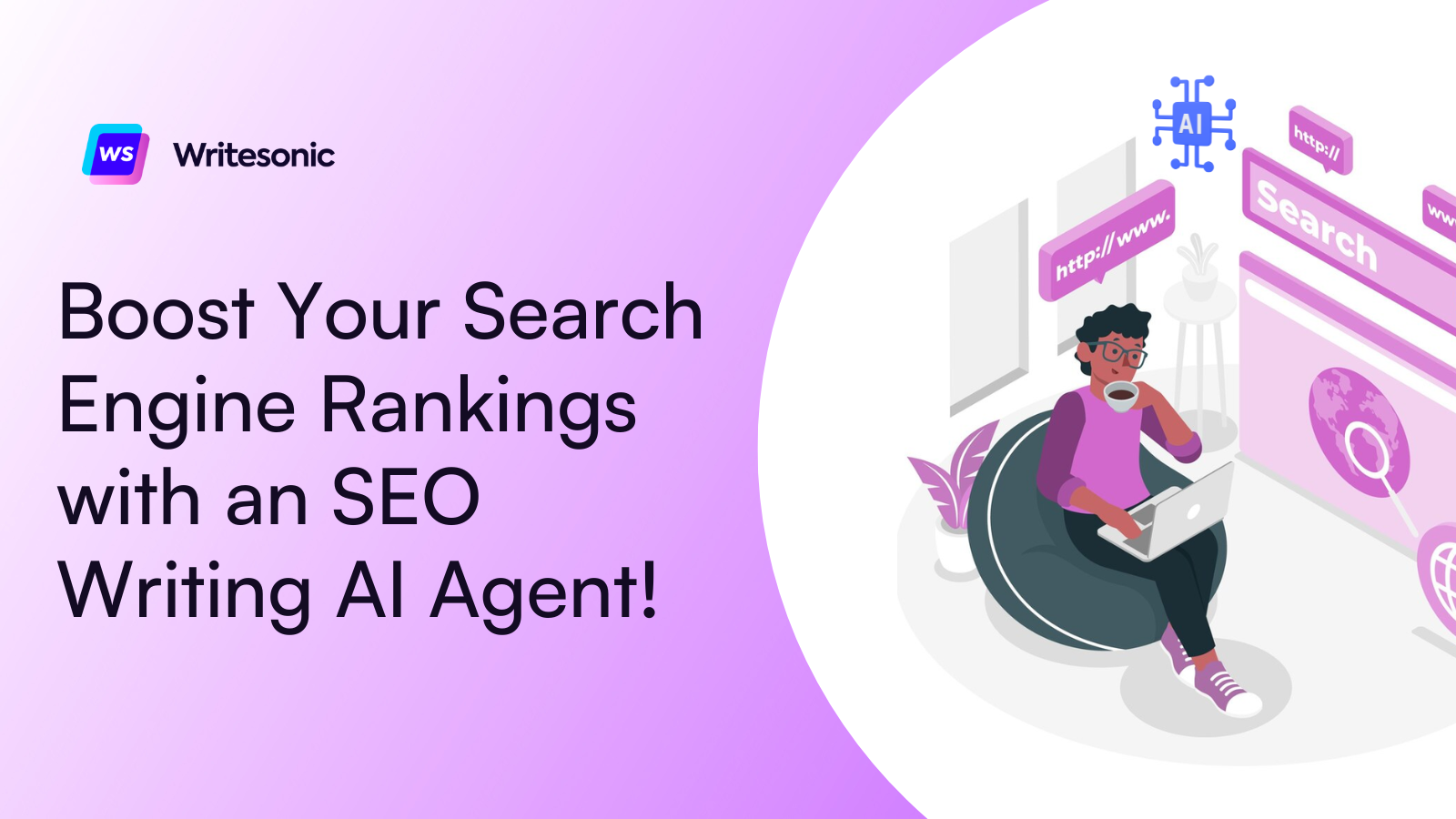


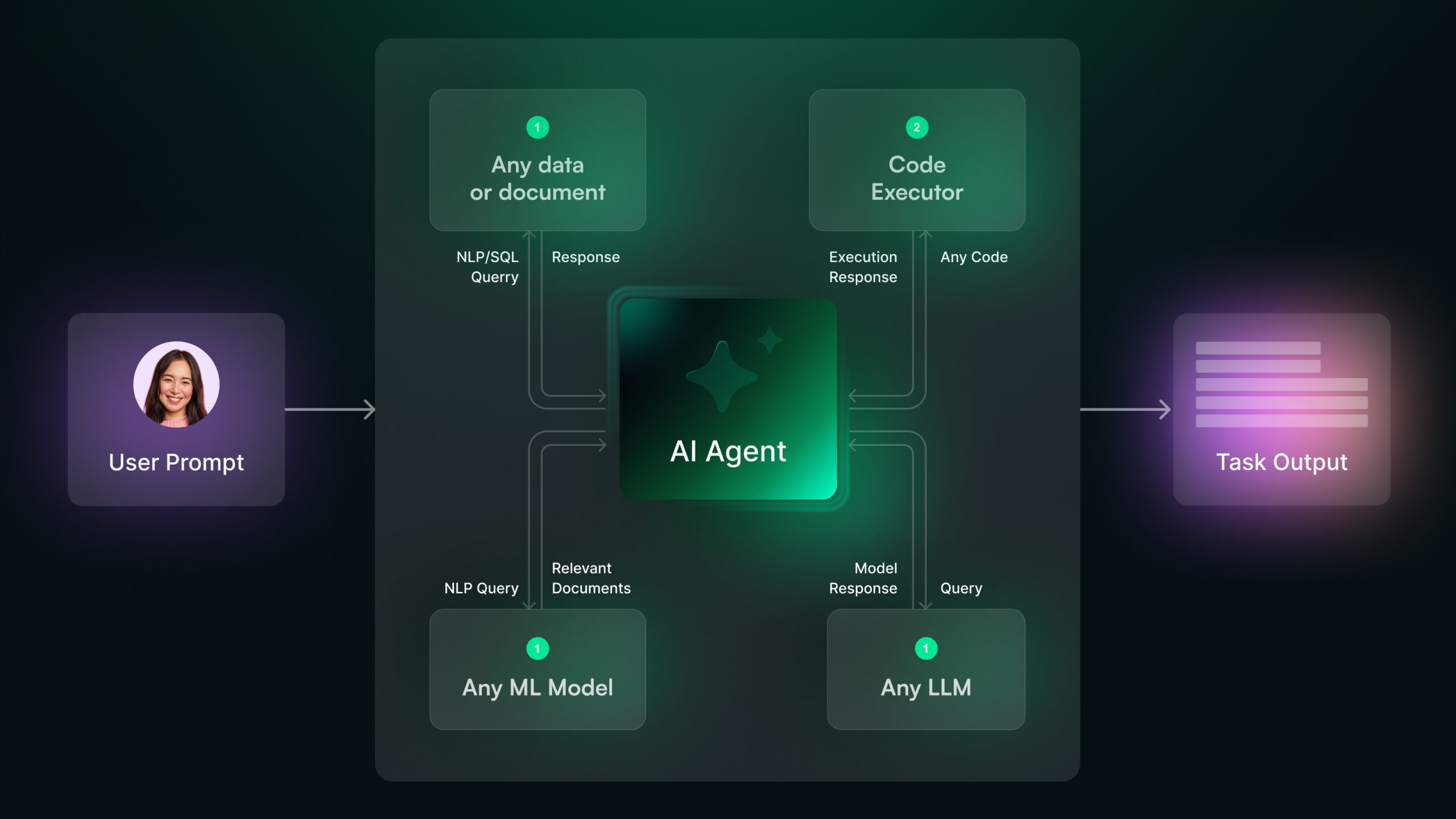
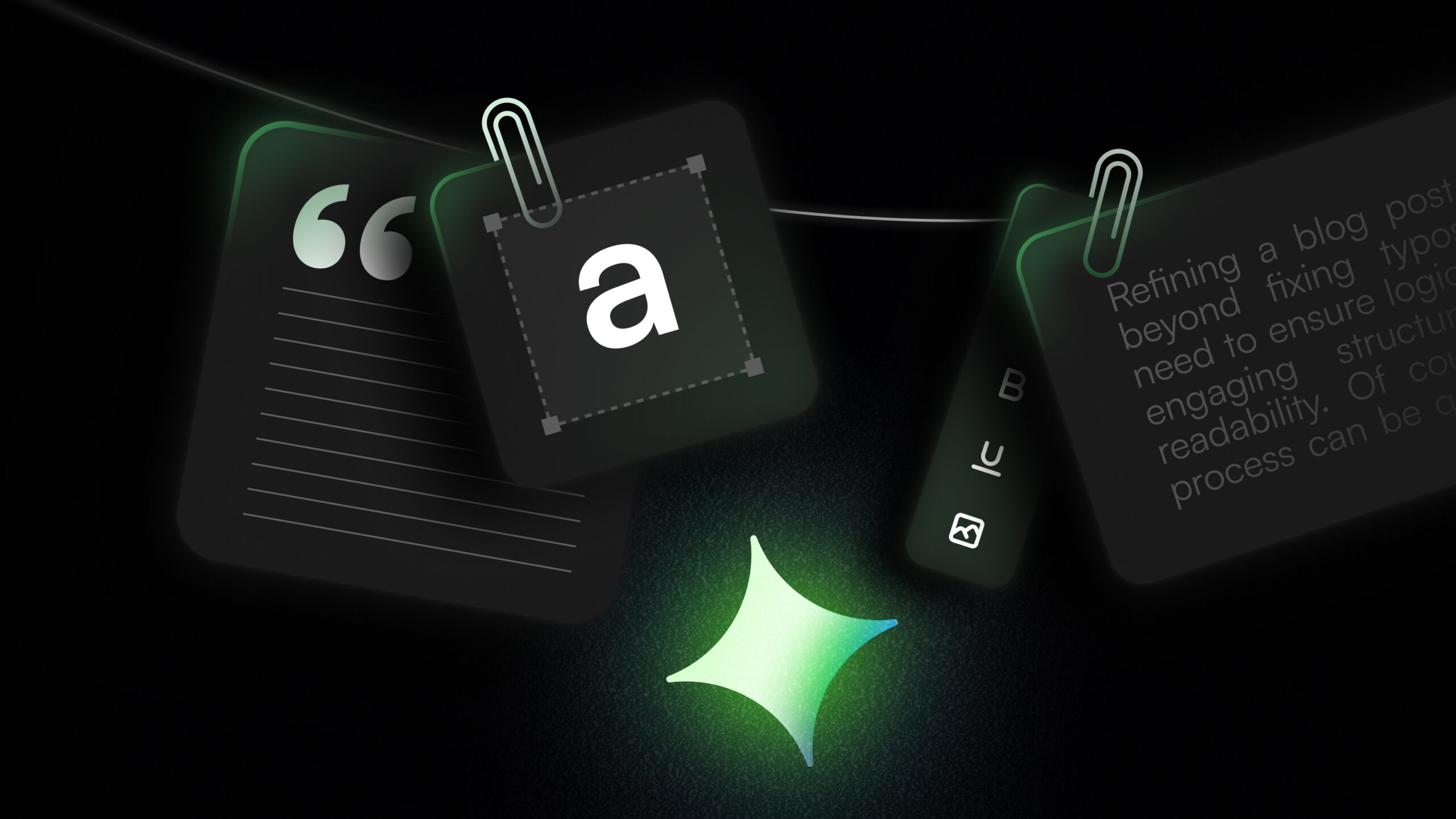


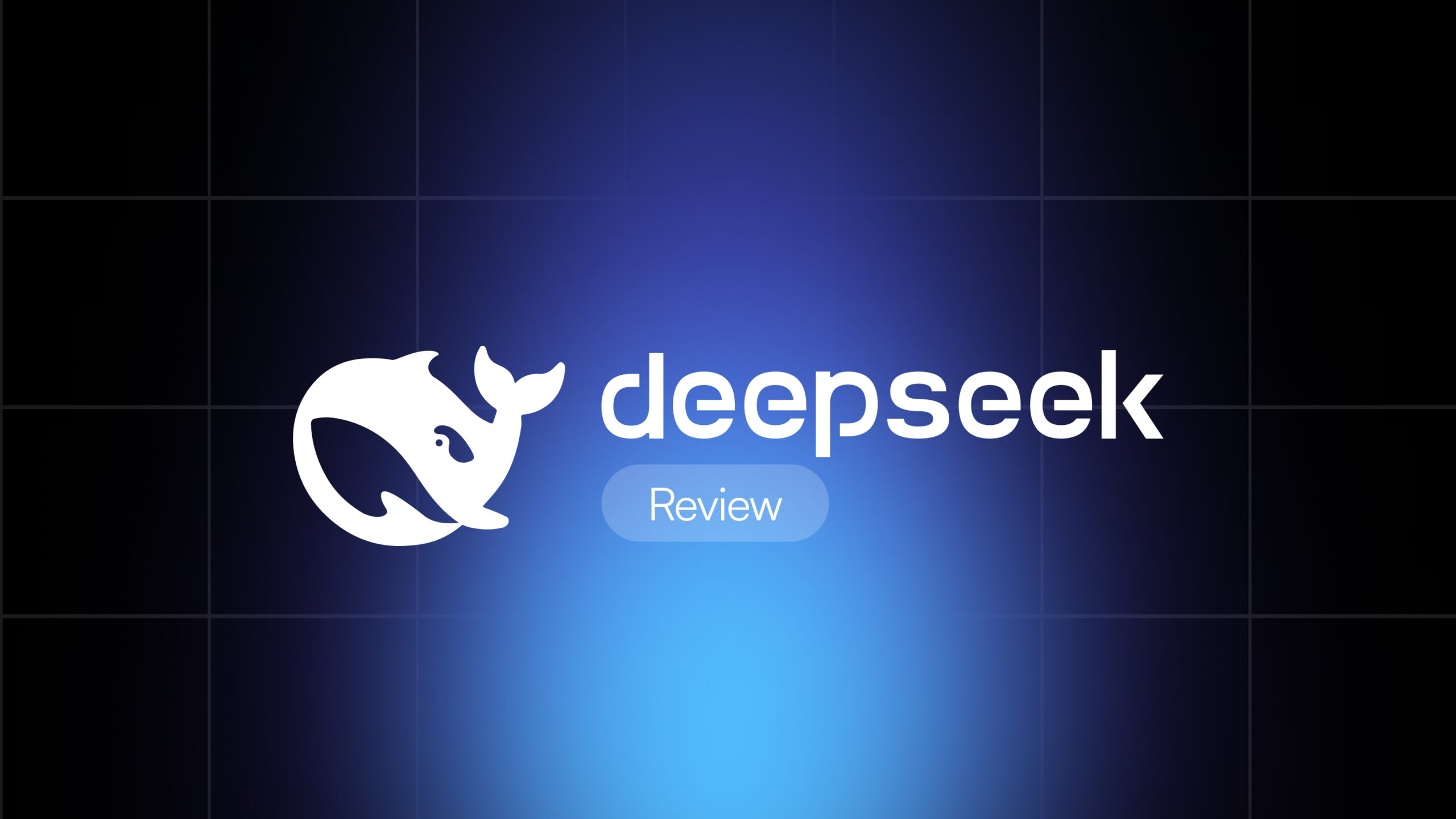

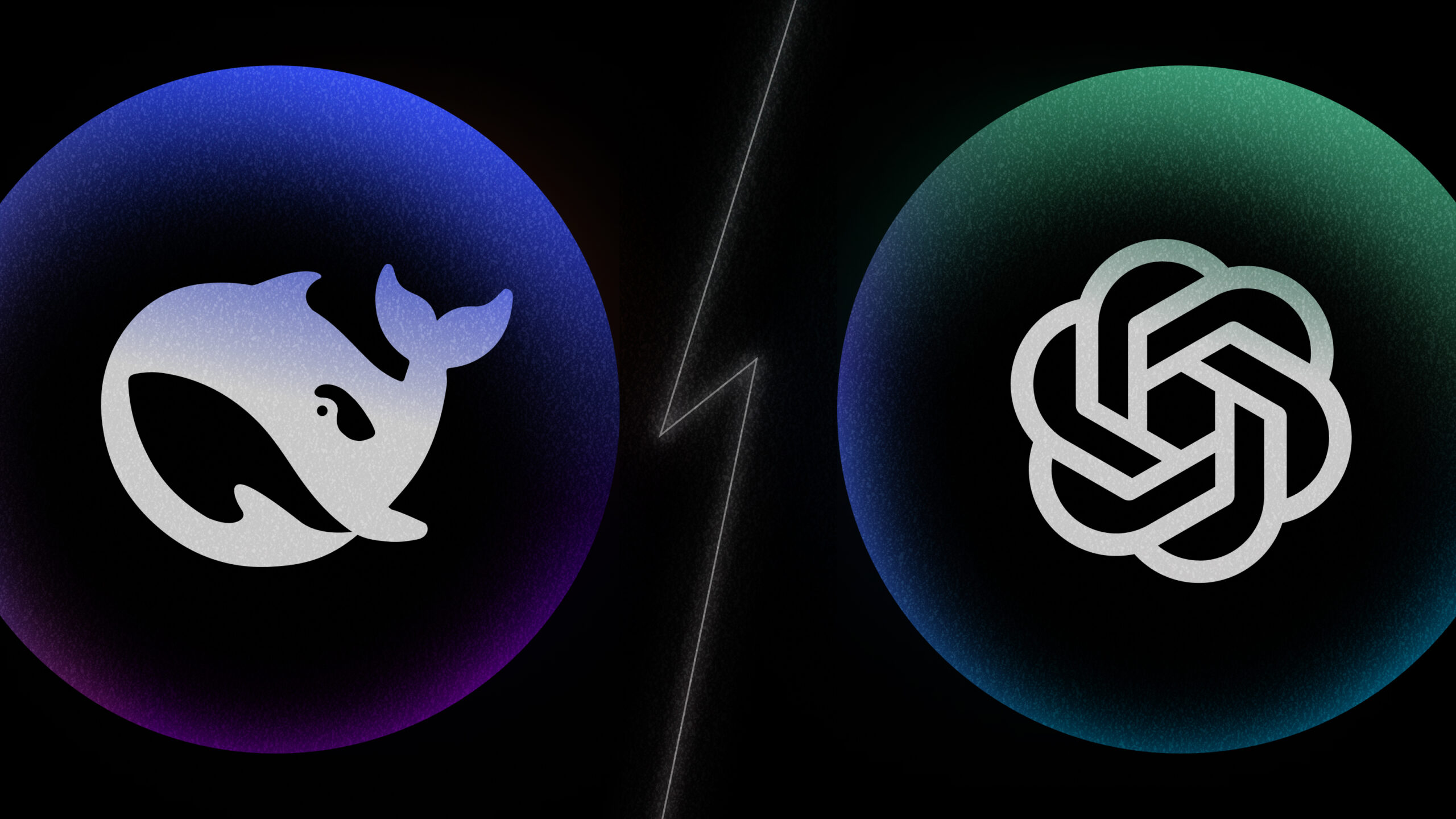
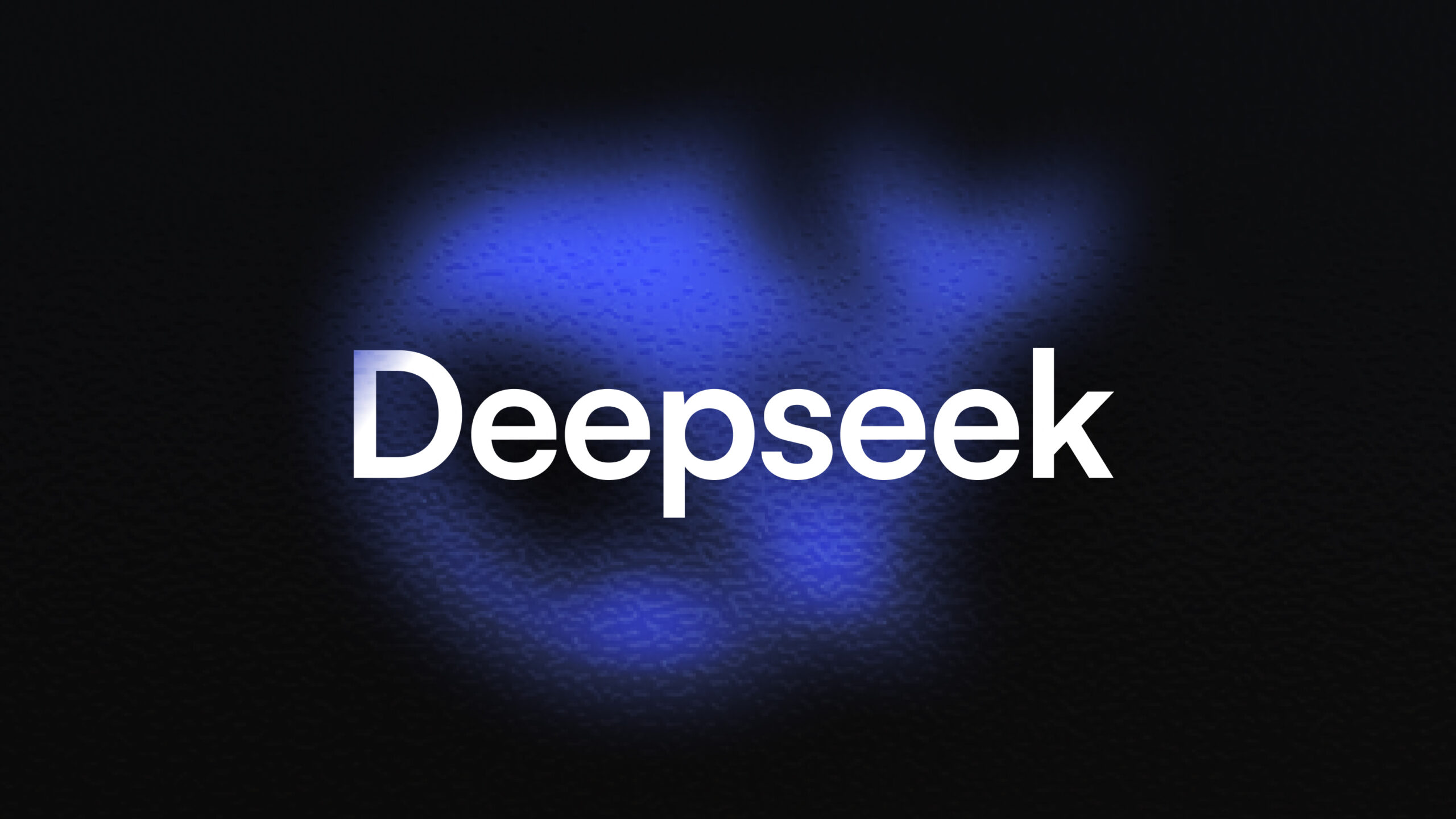
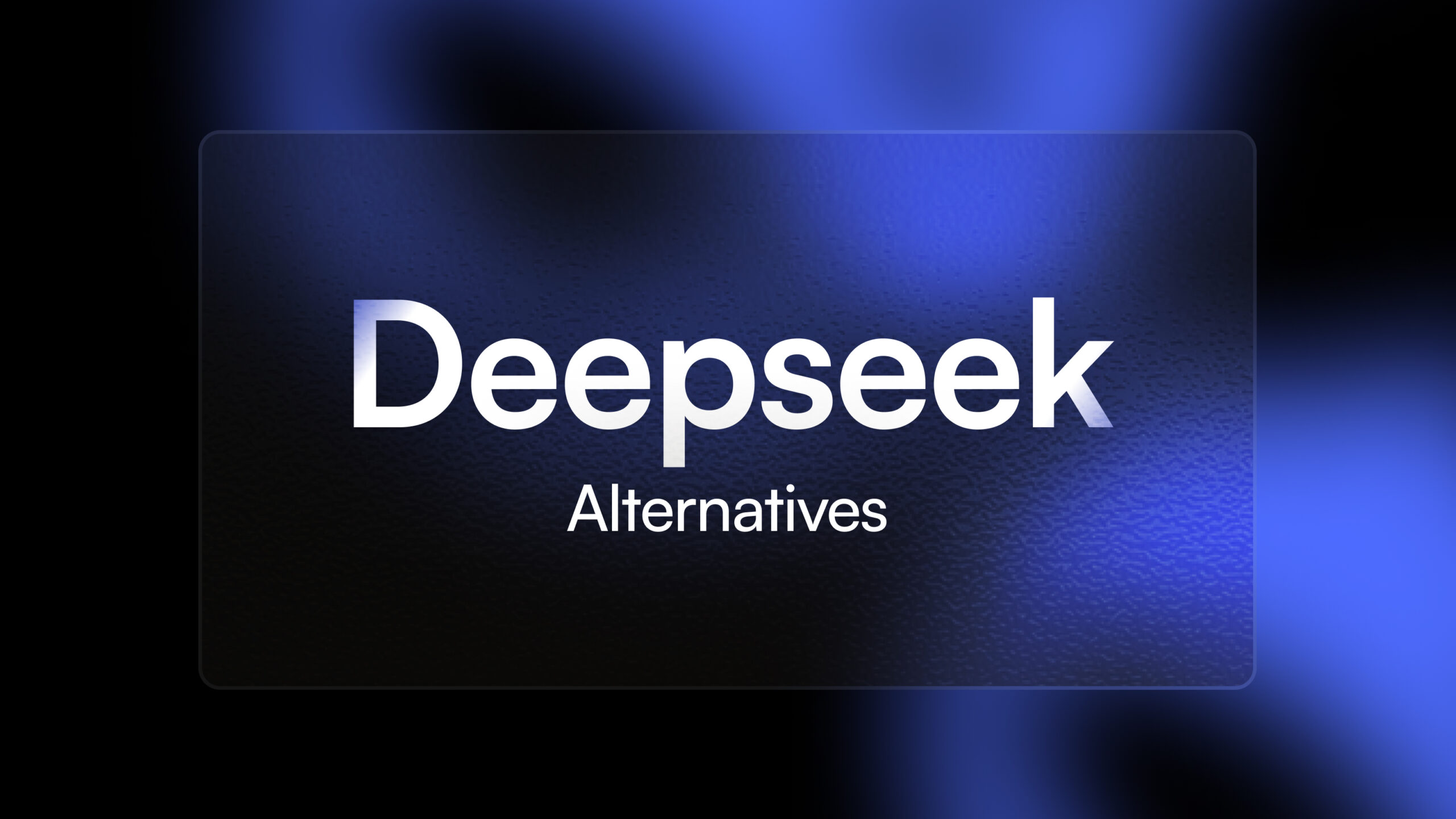


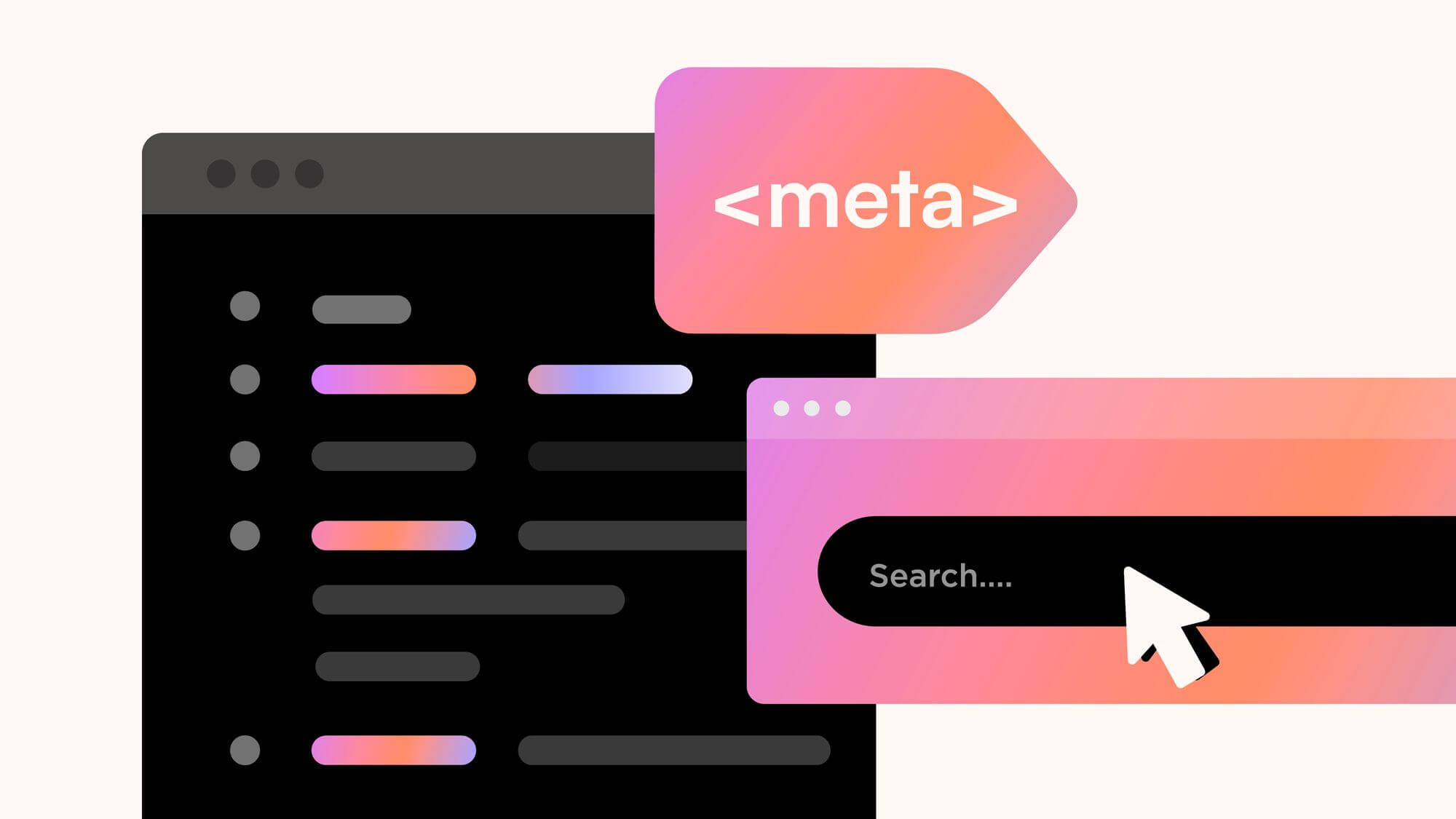

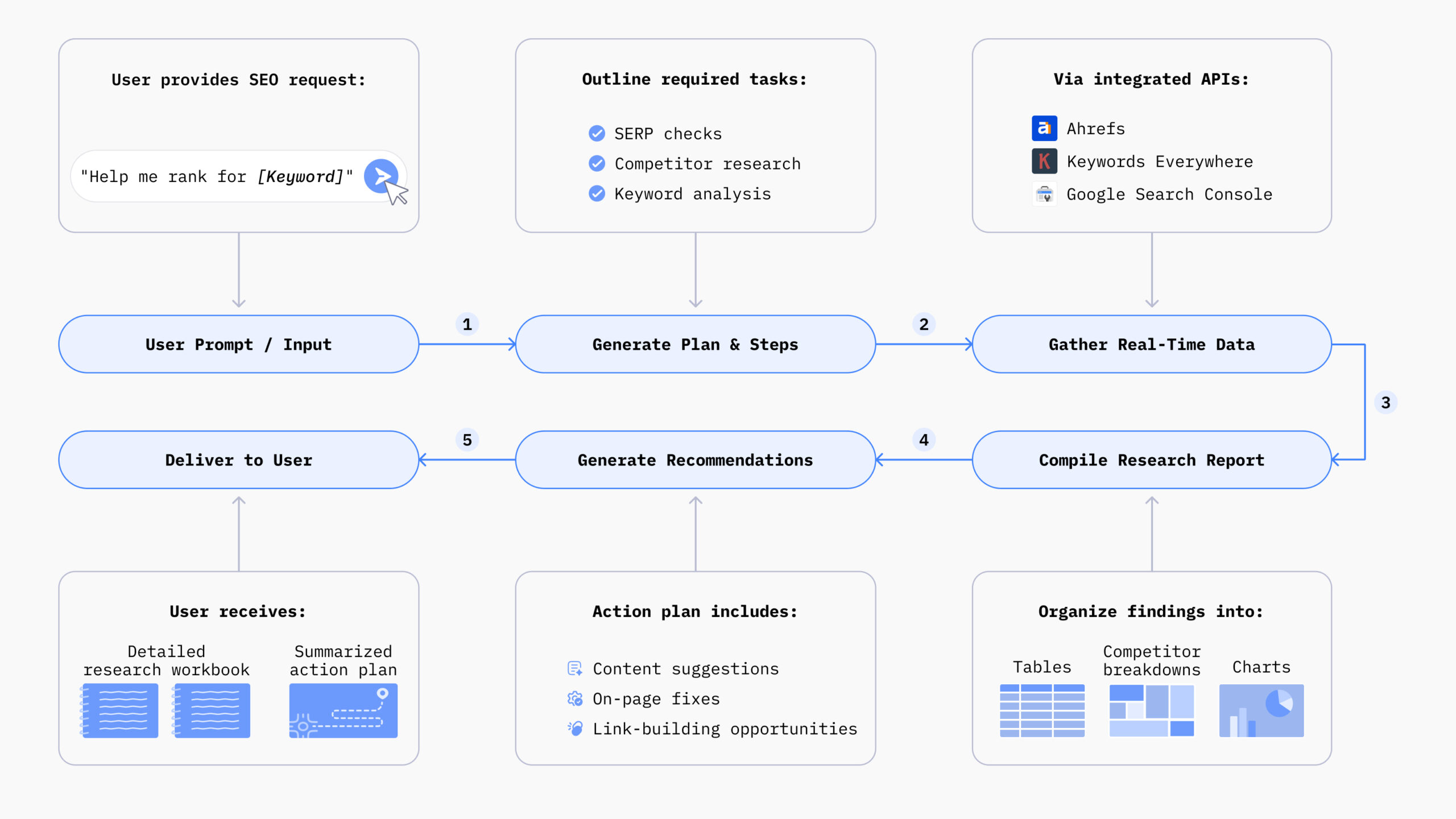





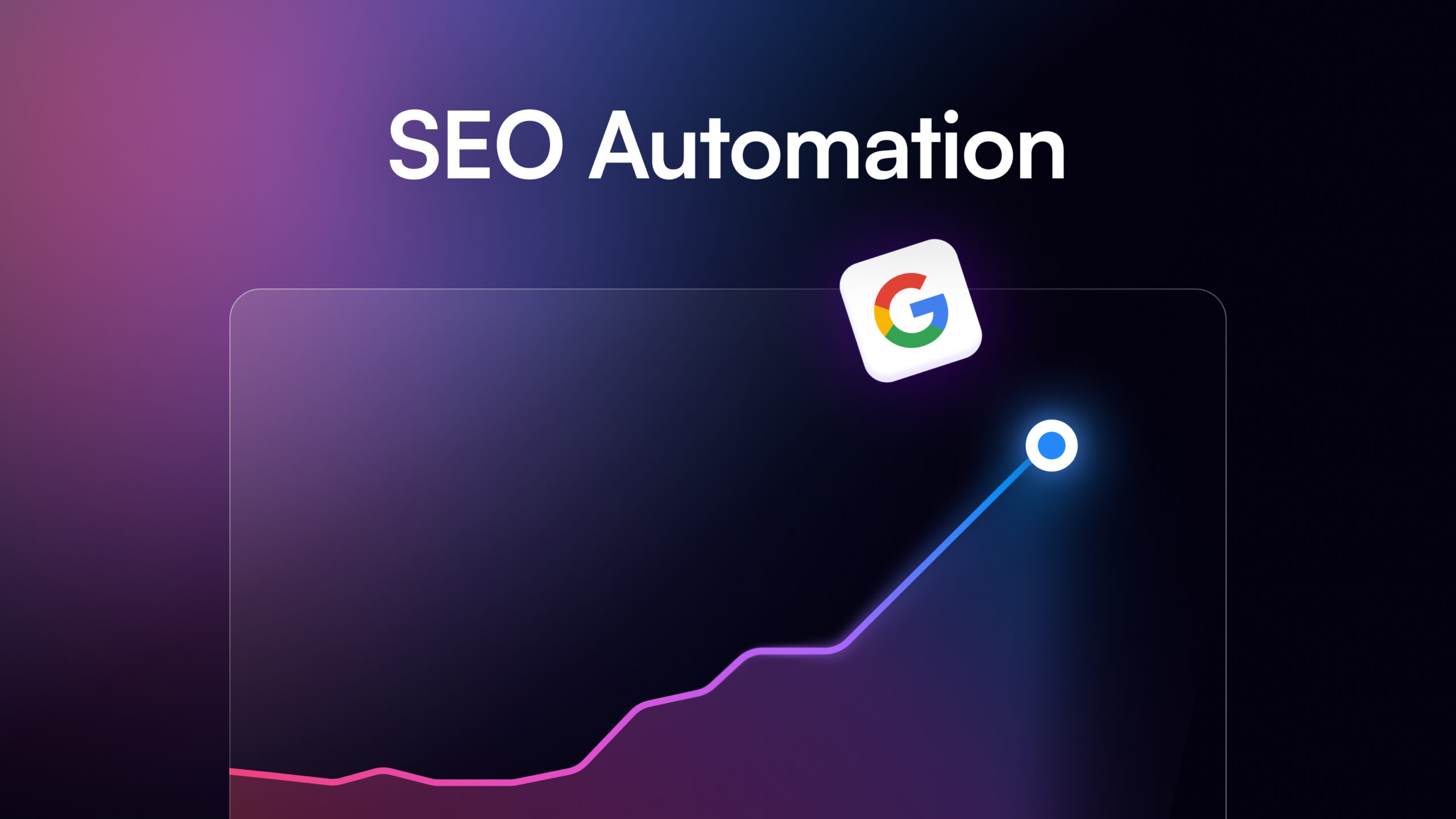



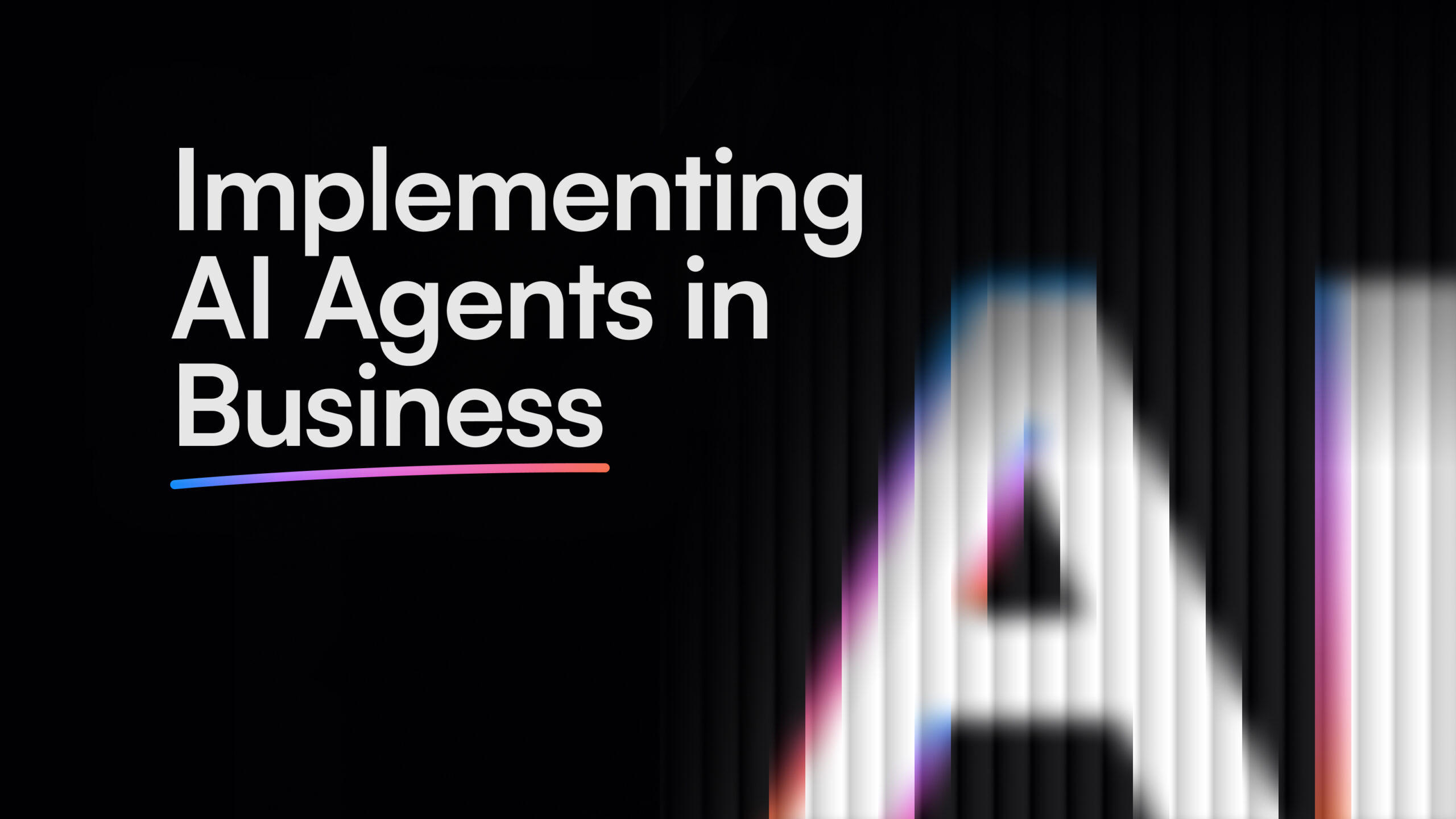
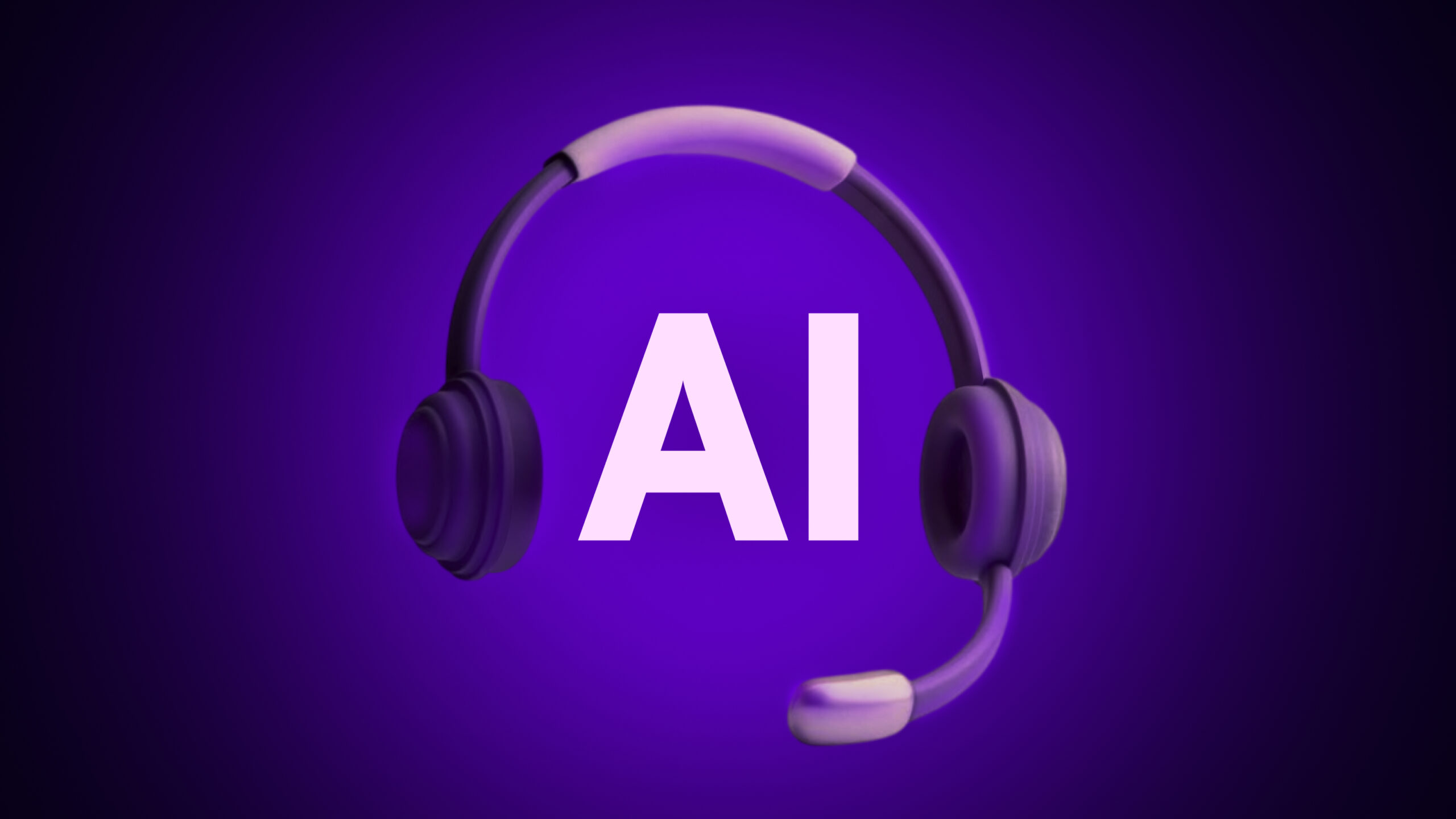
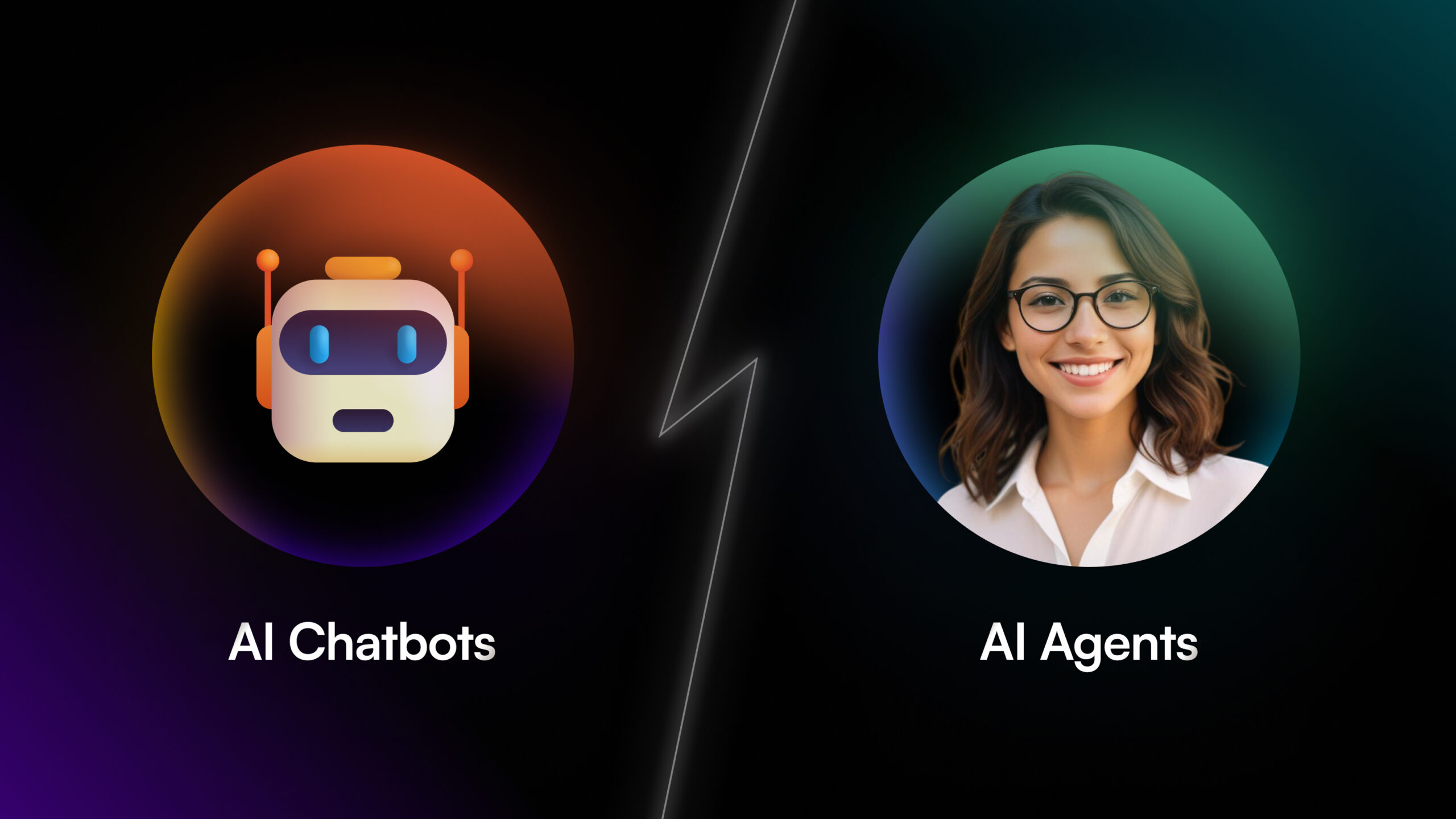
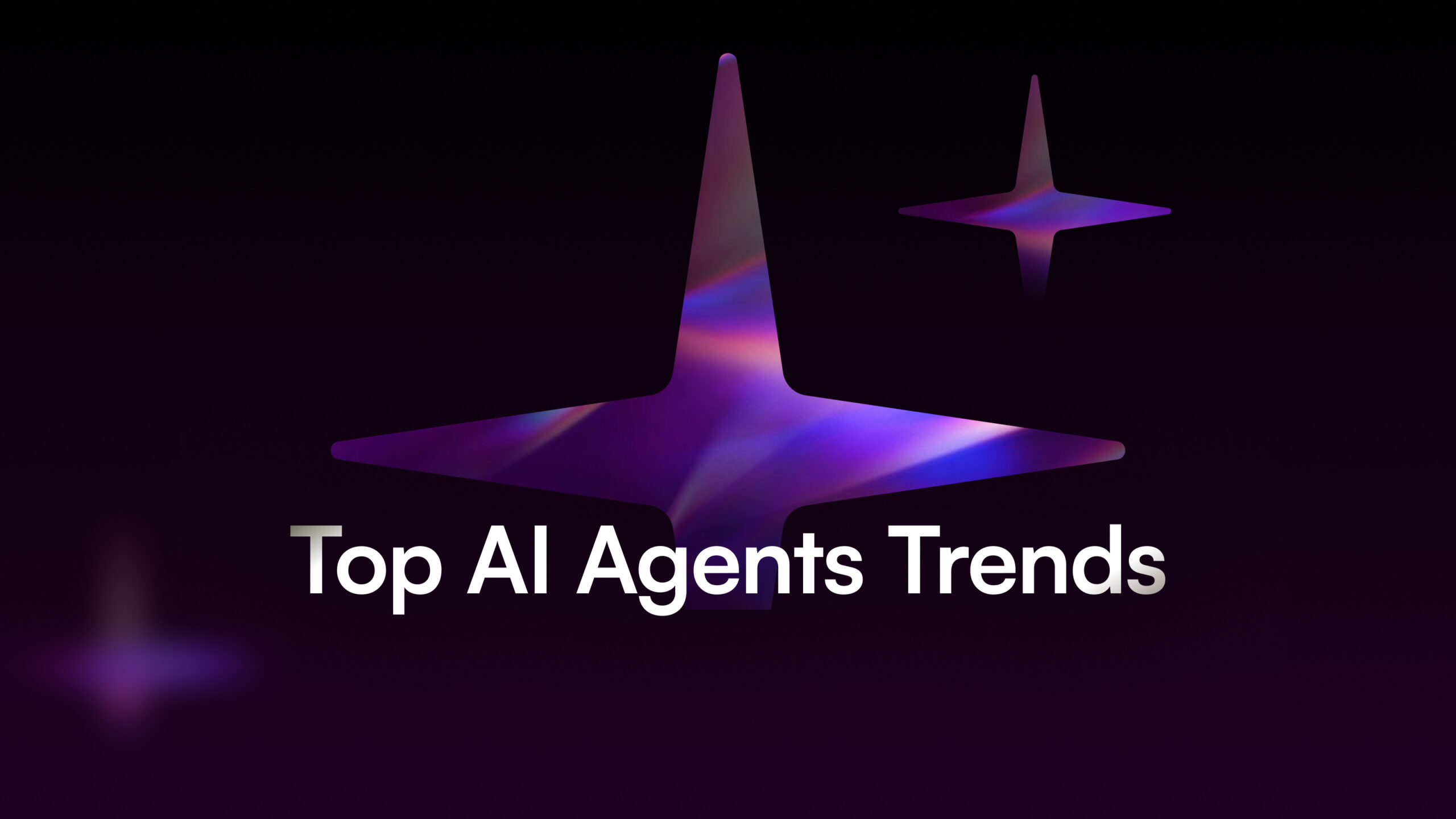

![How to Scale Your Business Using B2B AI Agents [+ Tools to Try]](/wp-content/uploads/B2B-AI-Agents-scaled.jpg)
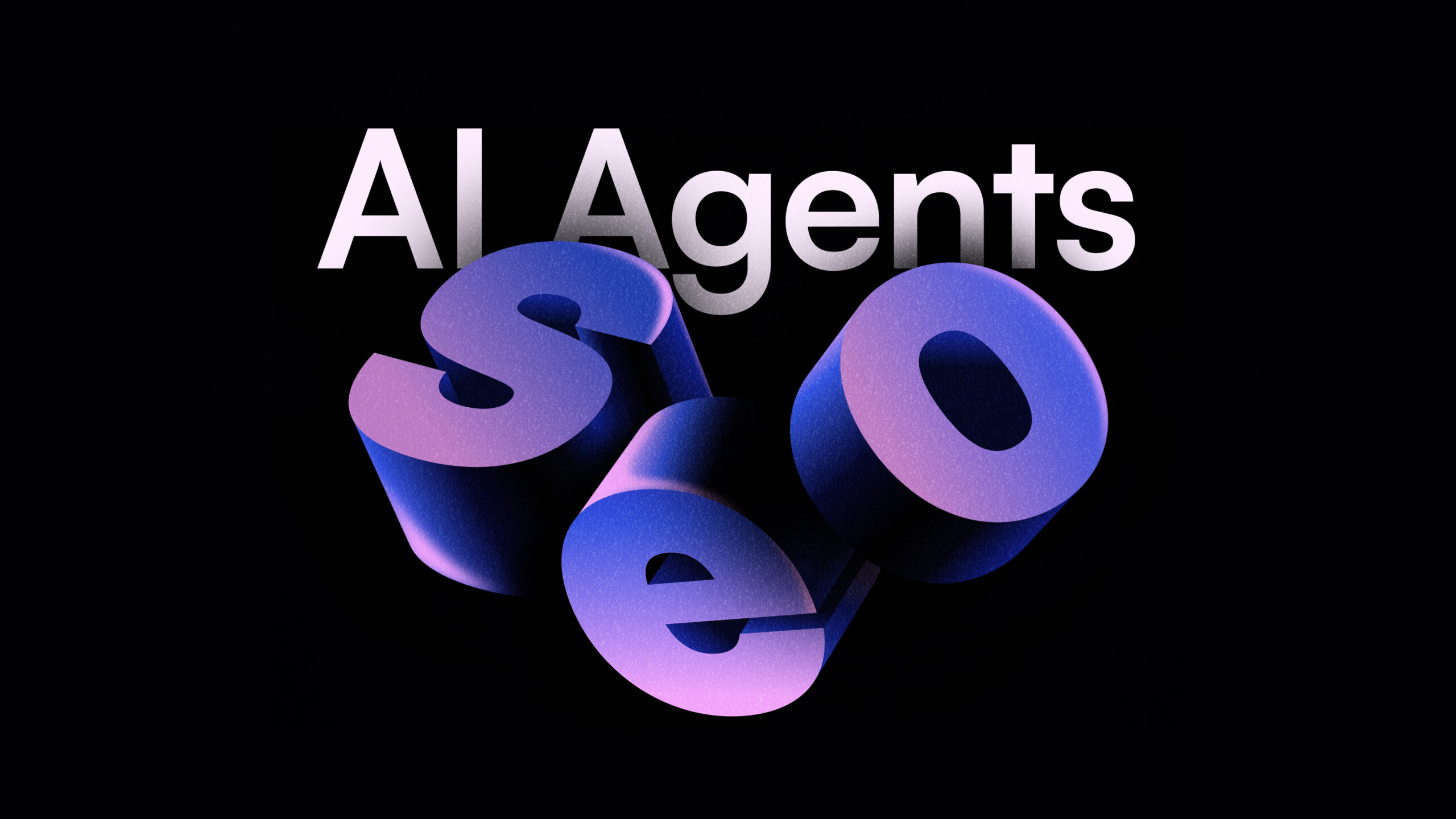
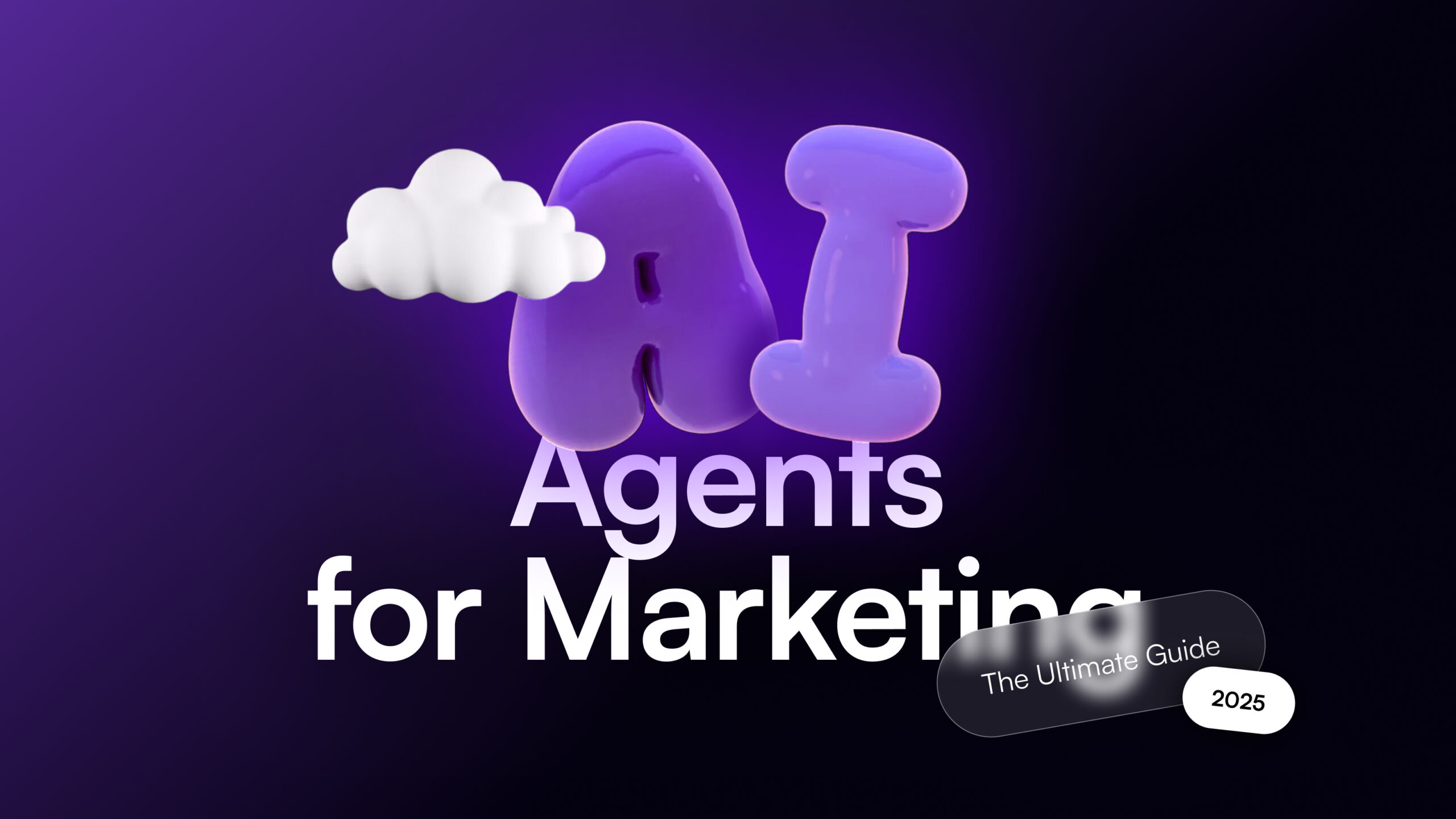
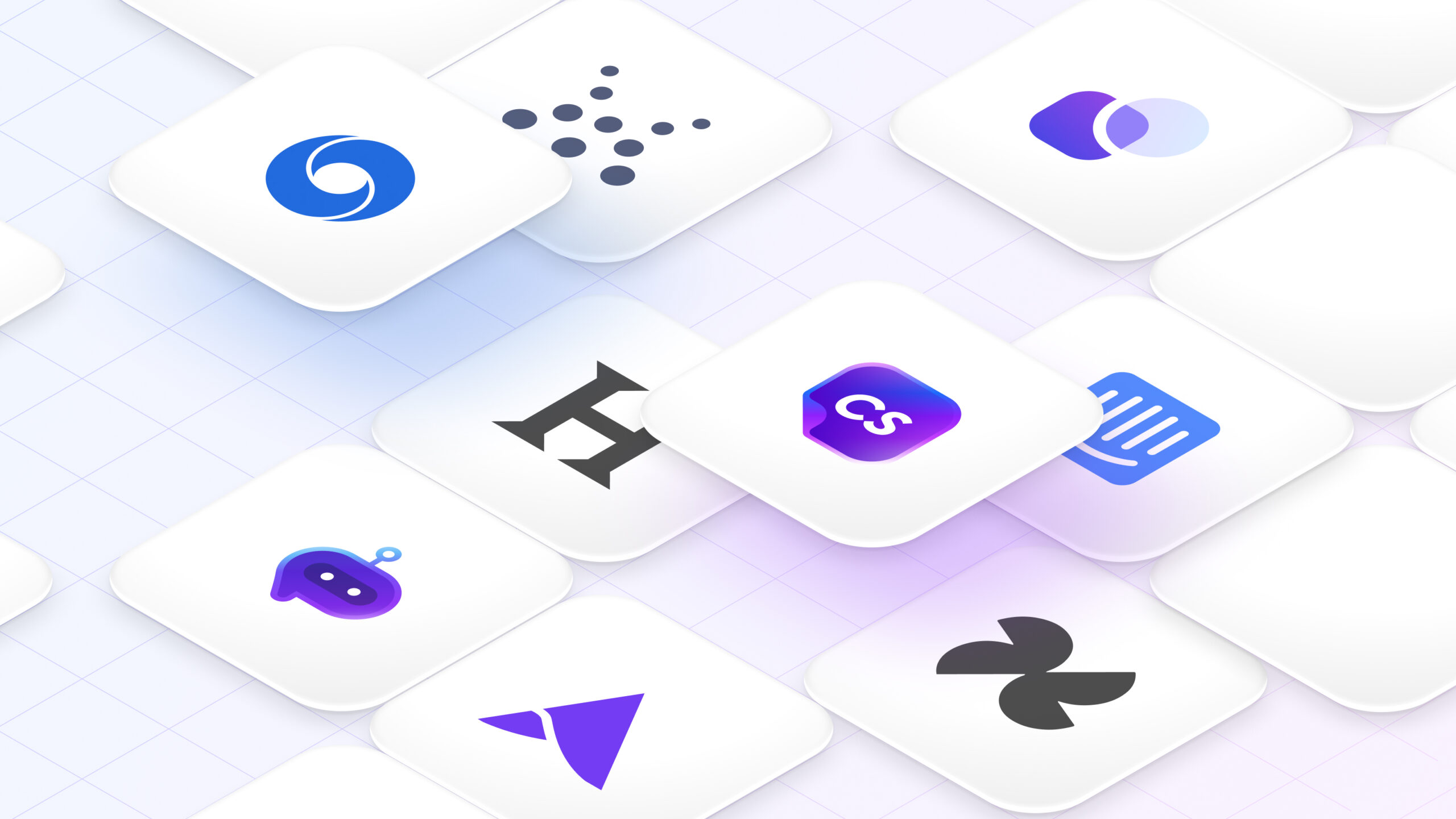
![40 AI Agent Use Cases Across Industries [+Real World Examples]](/wp-content/uploads/AI-Agent-Use-Cases-1-scaled.jpg)
